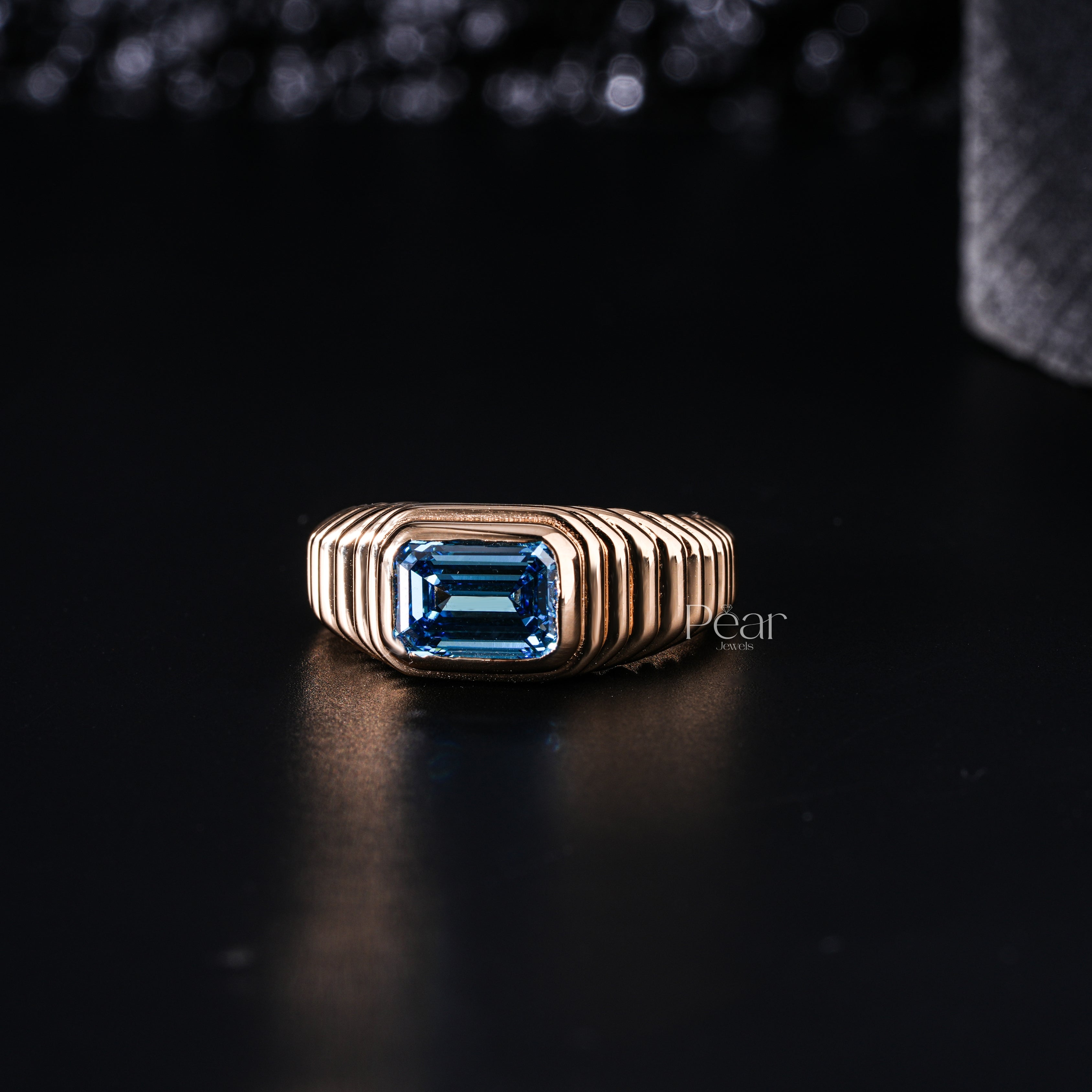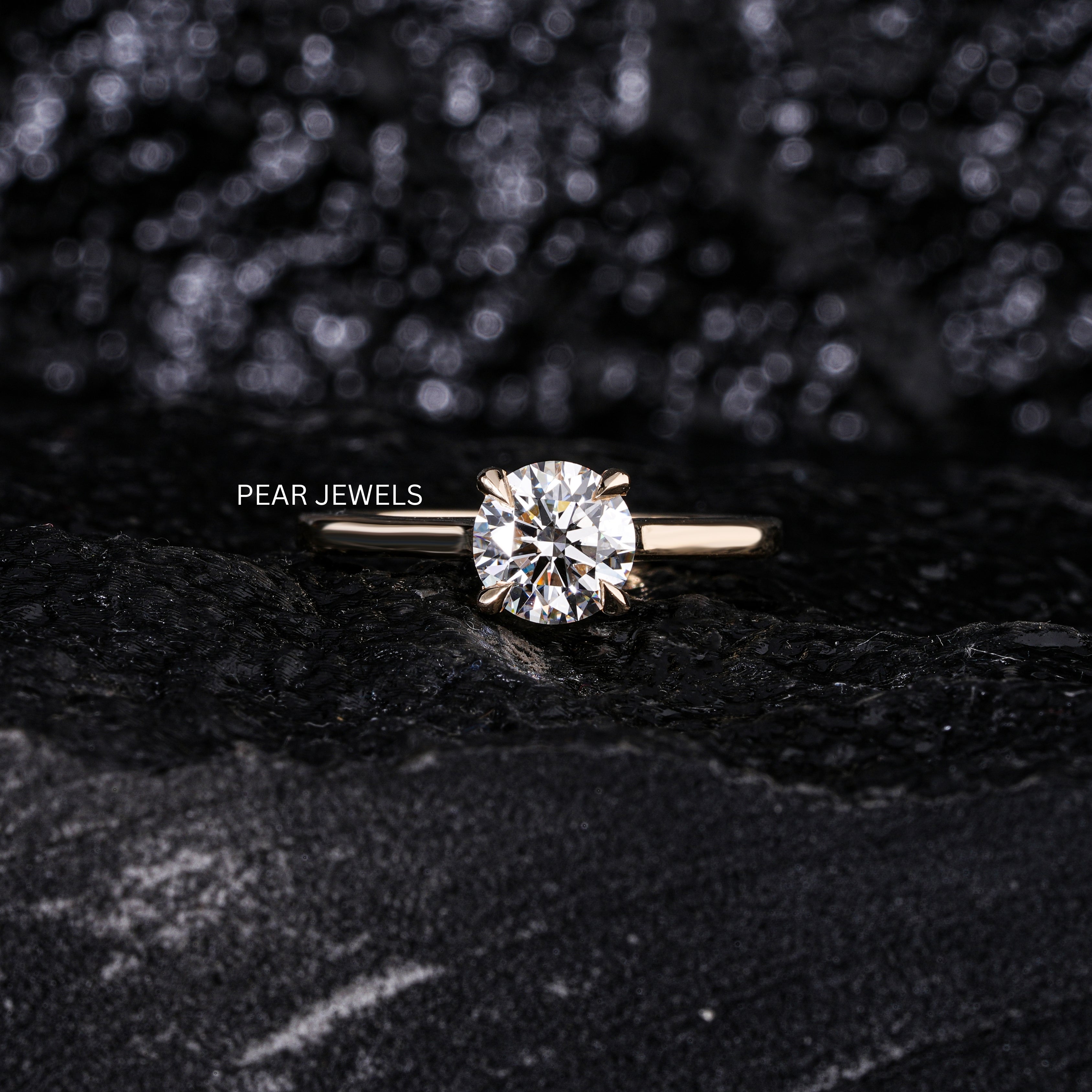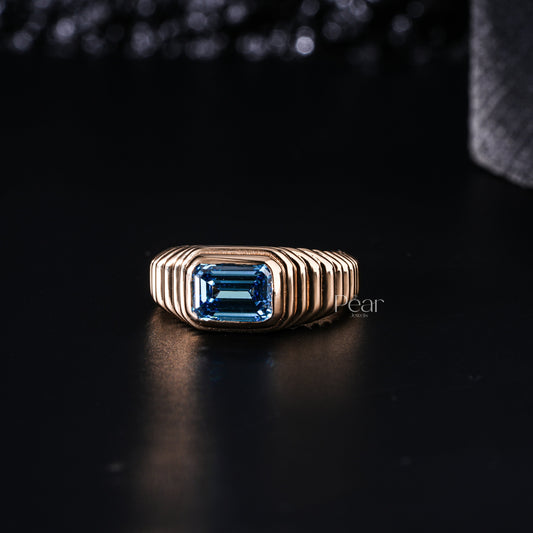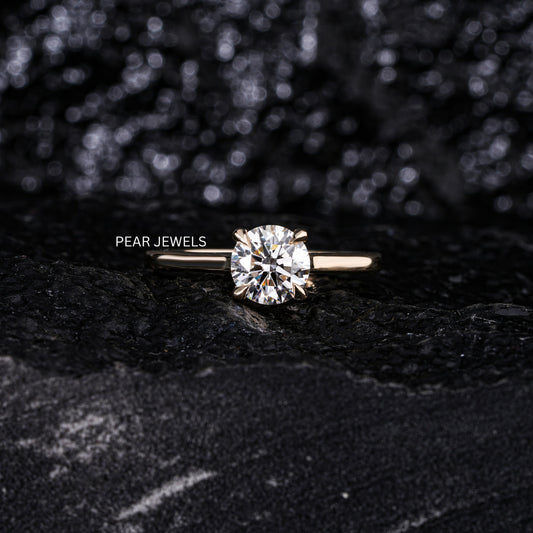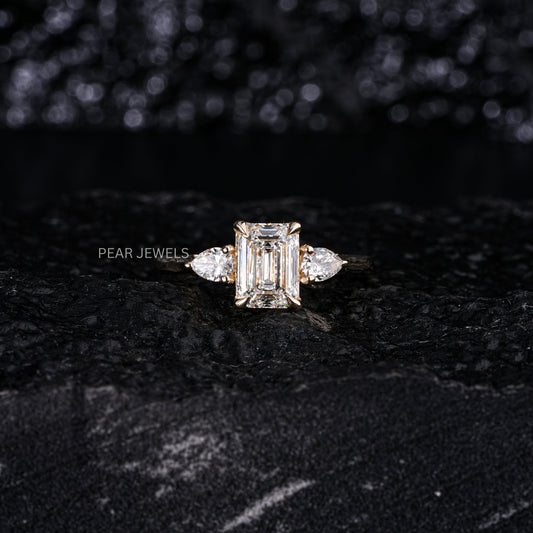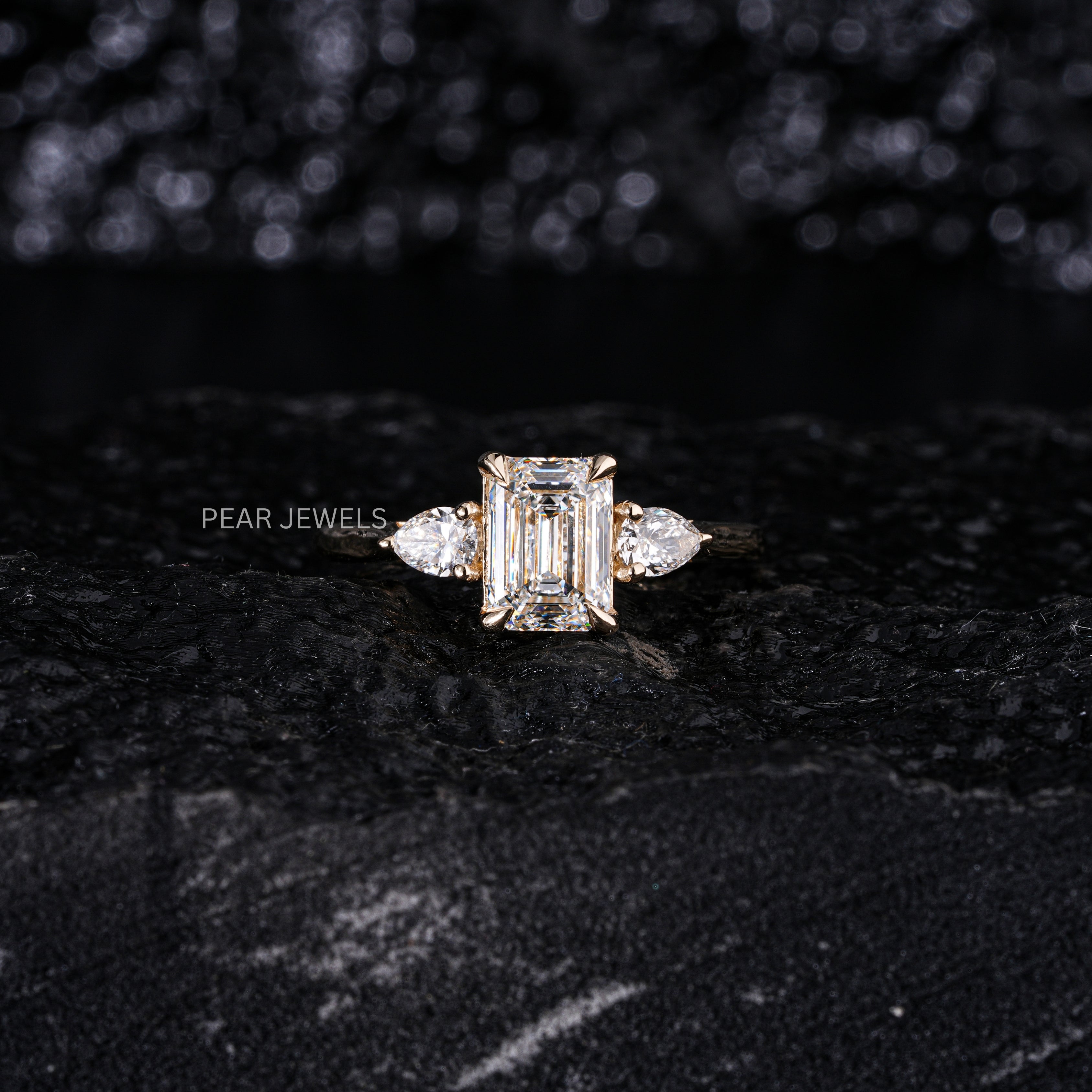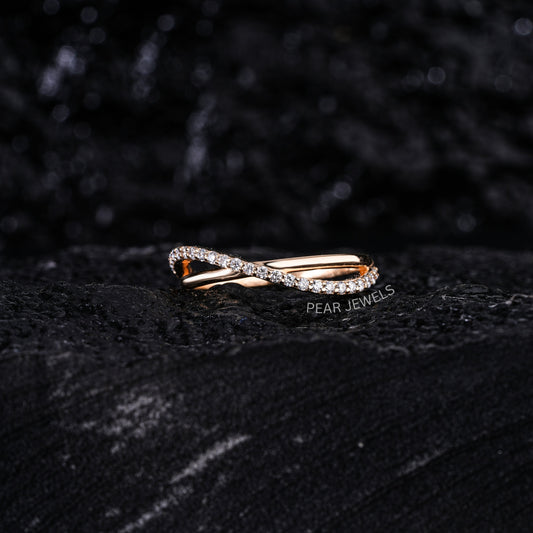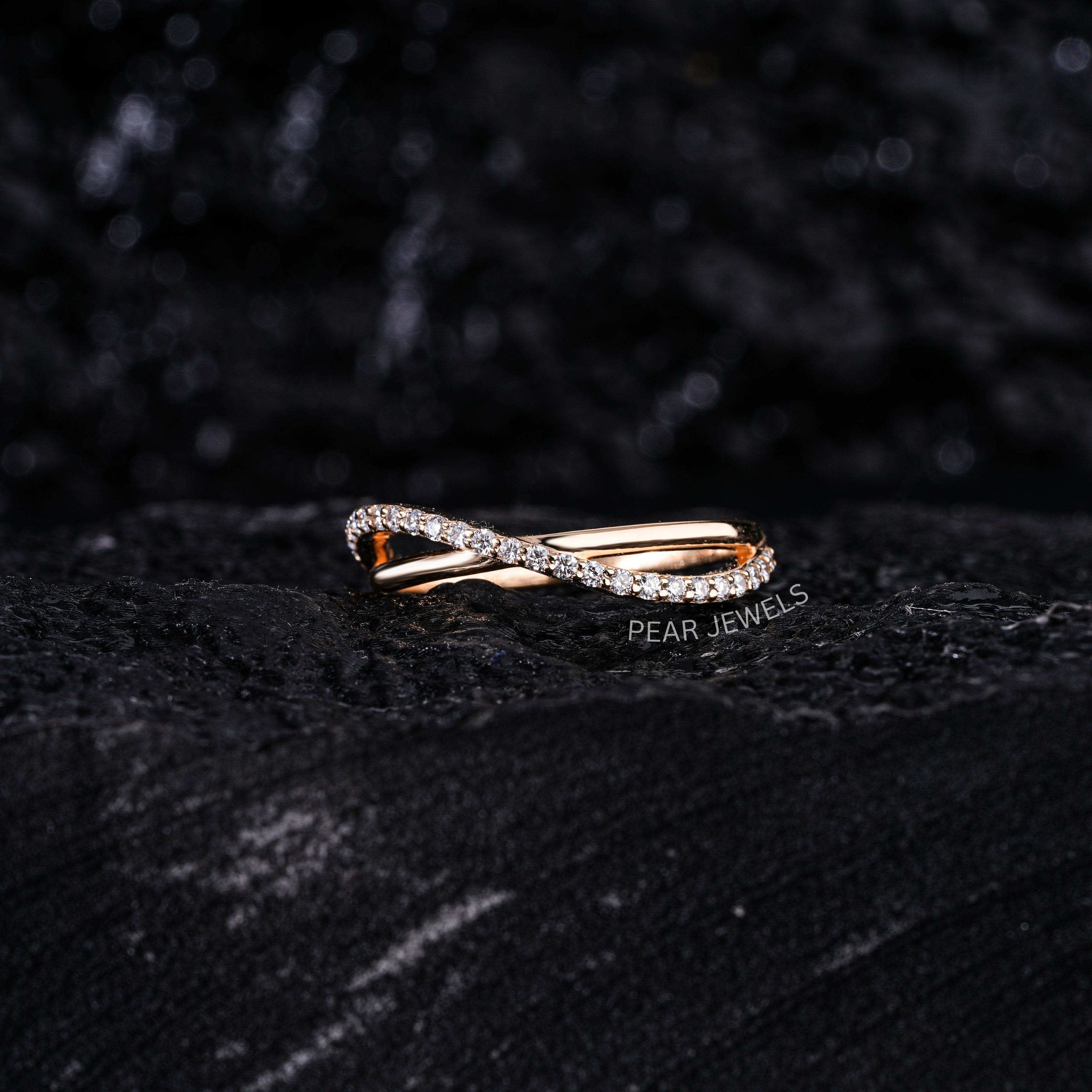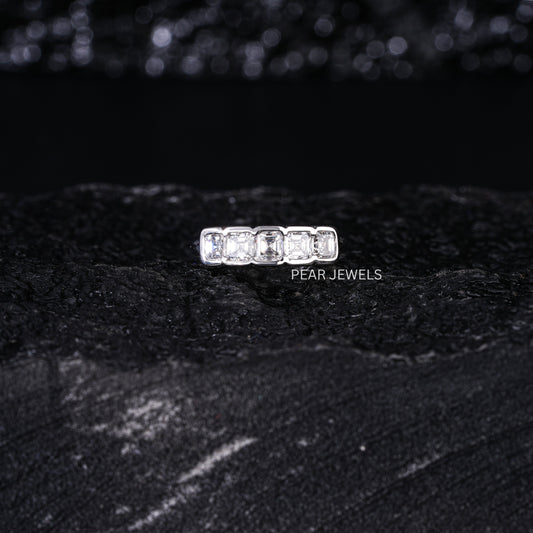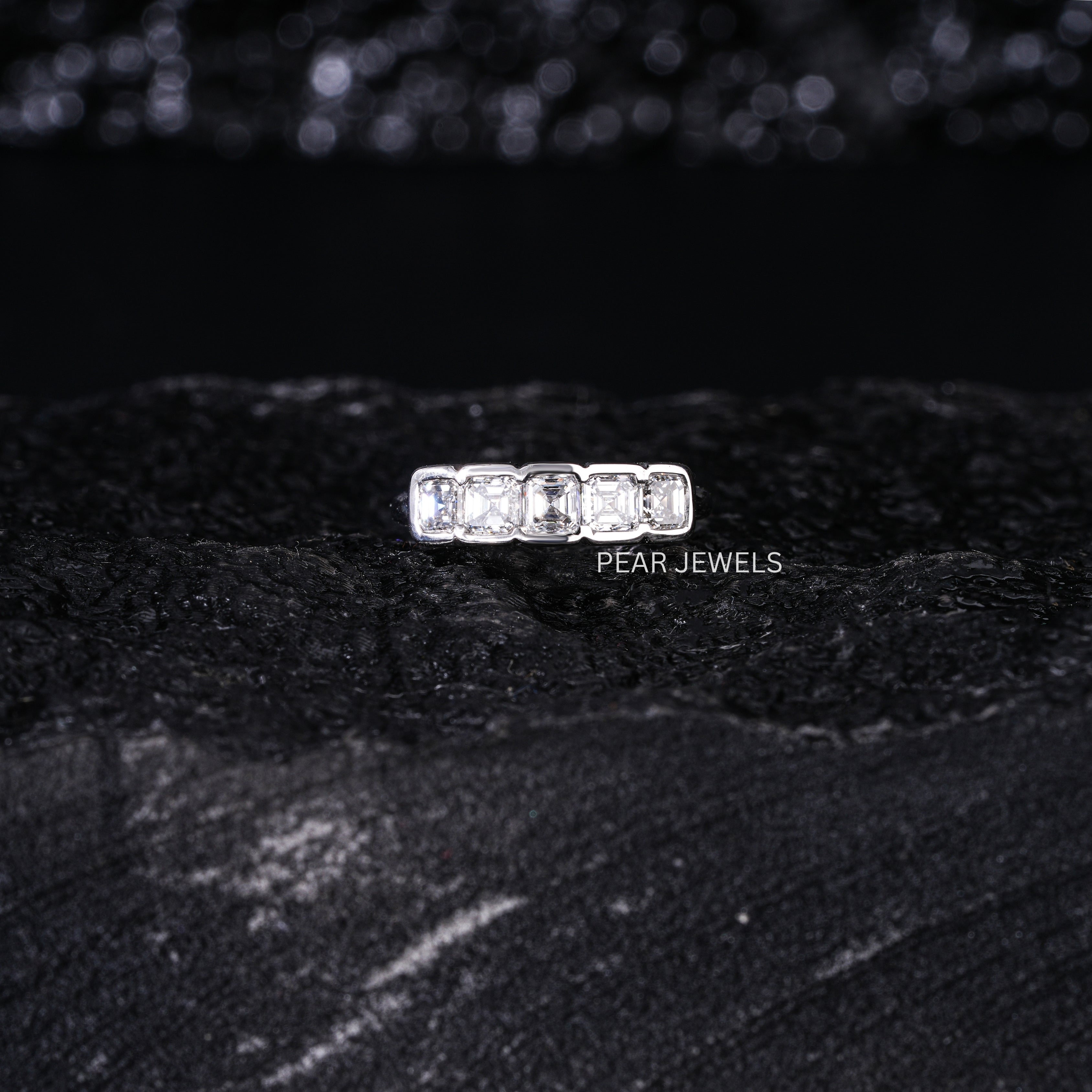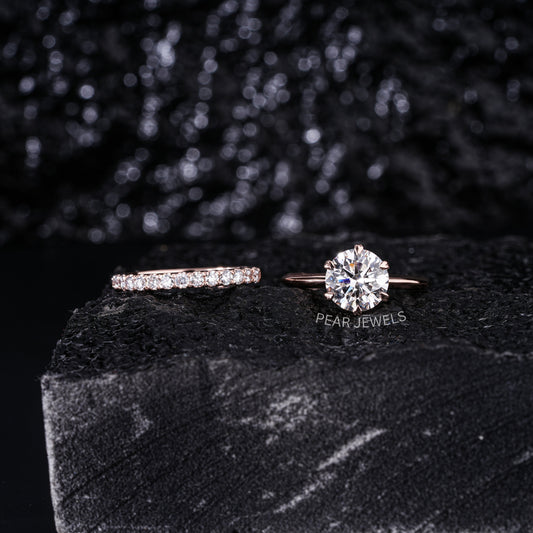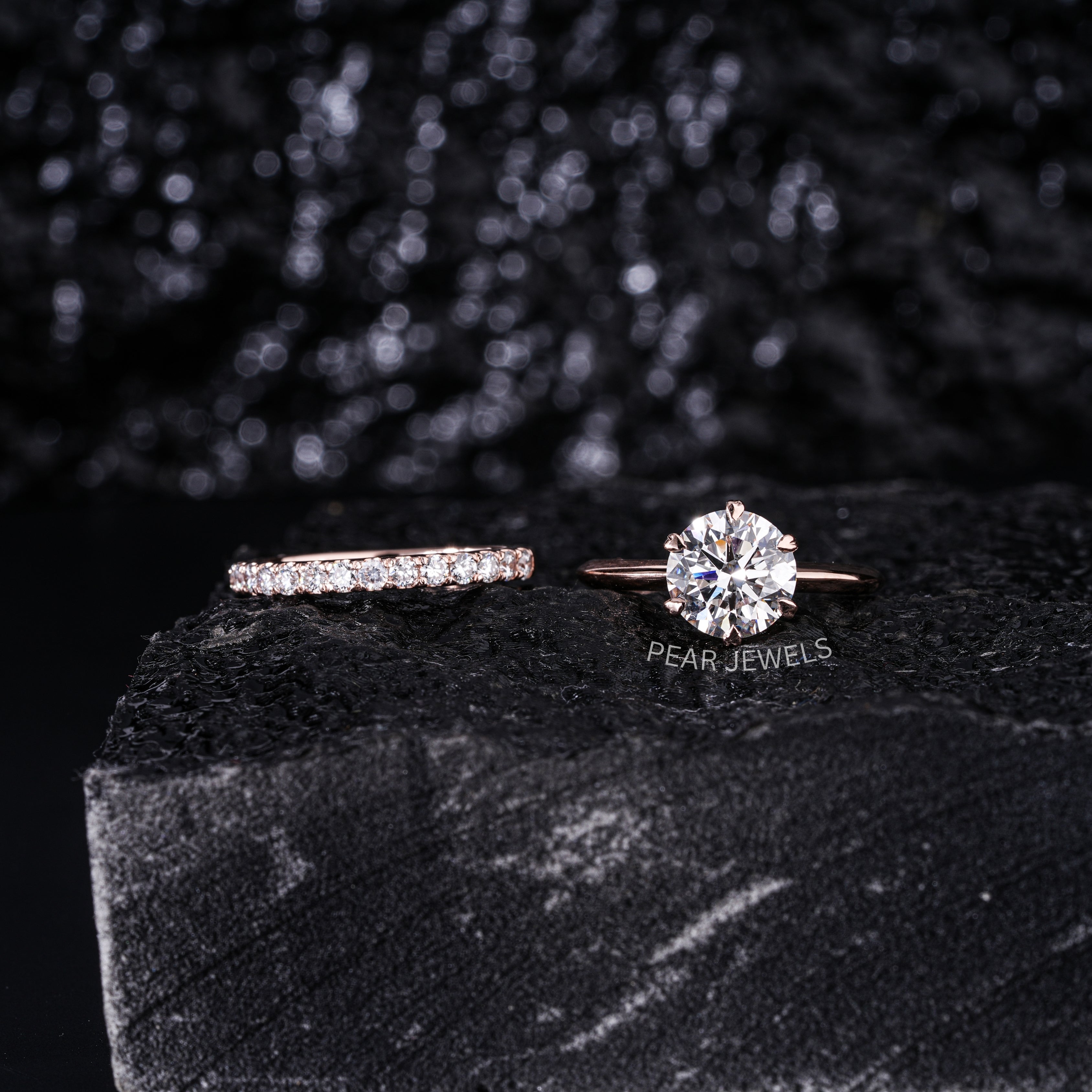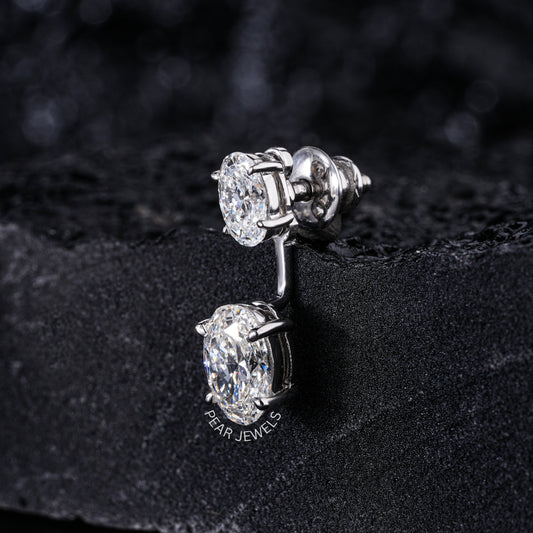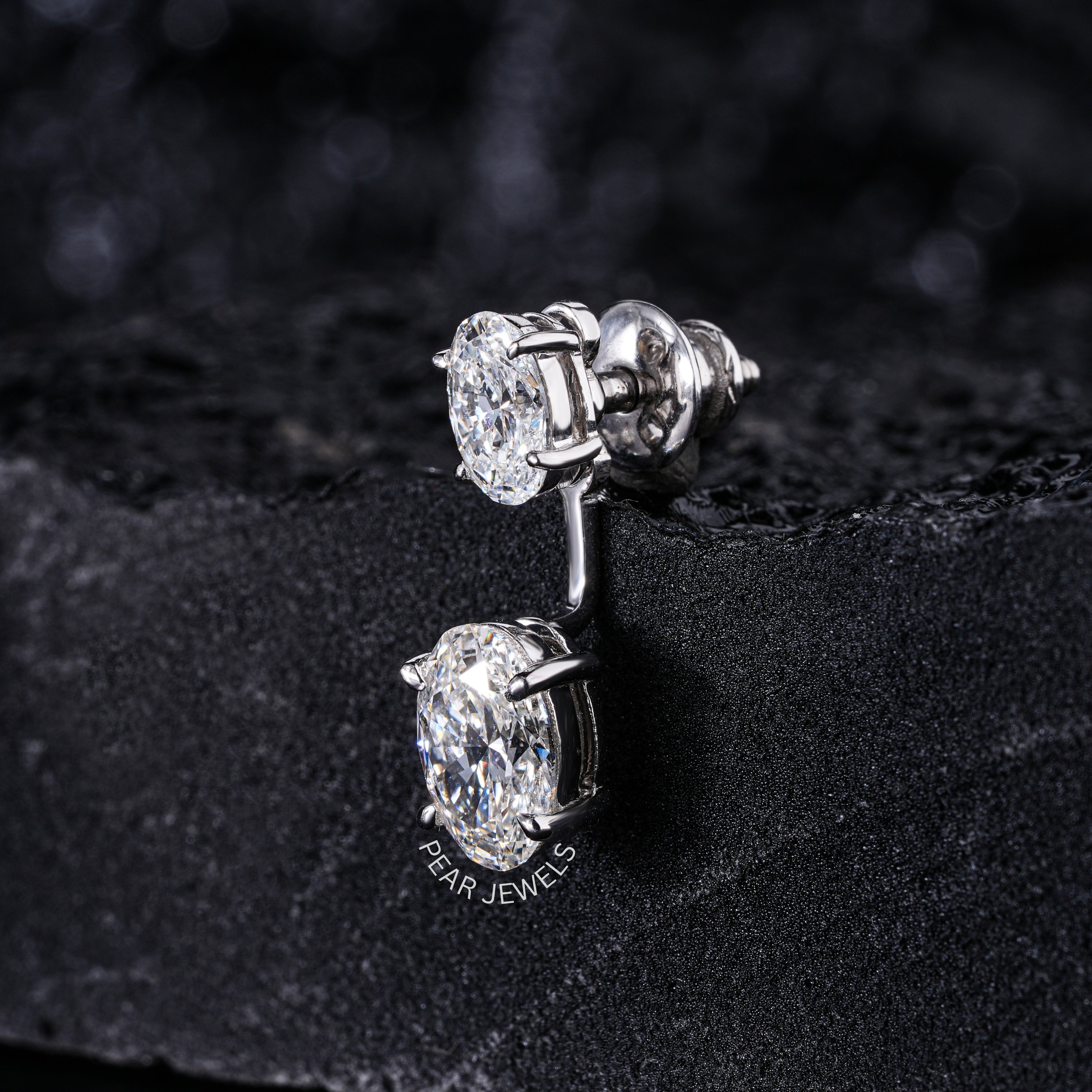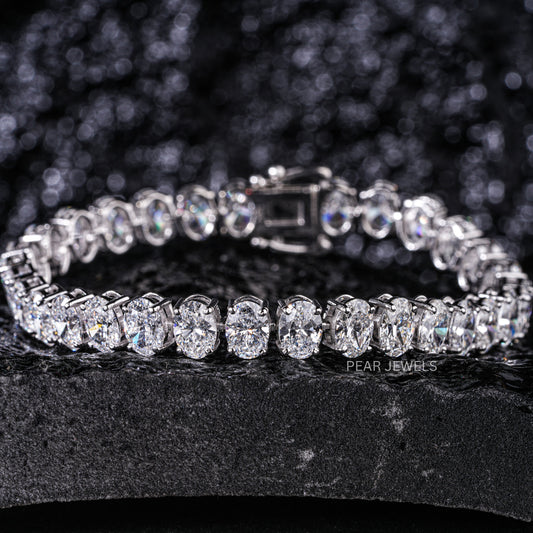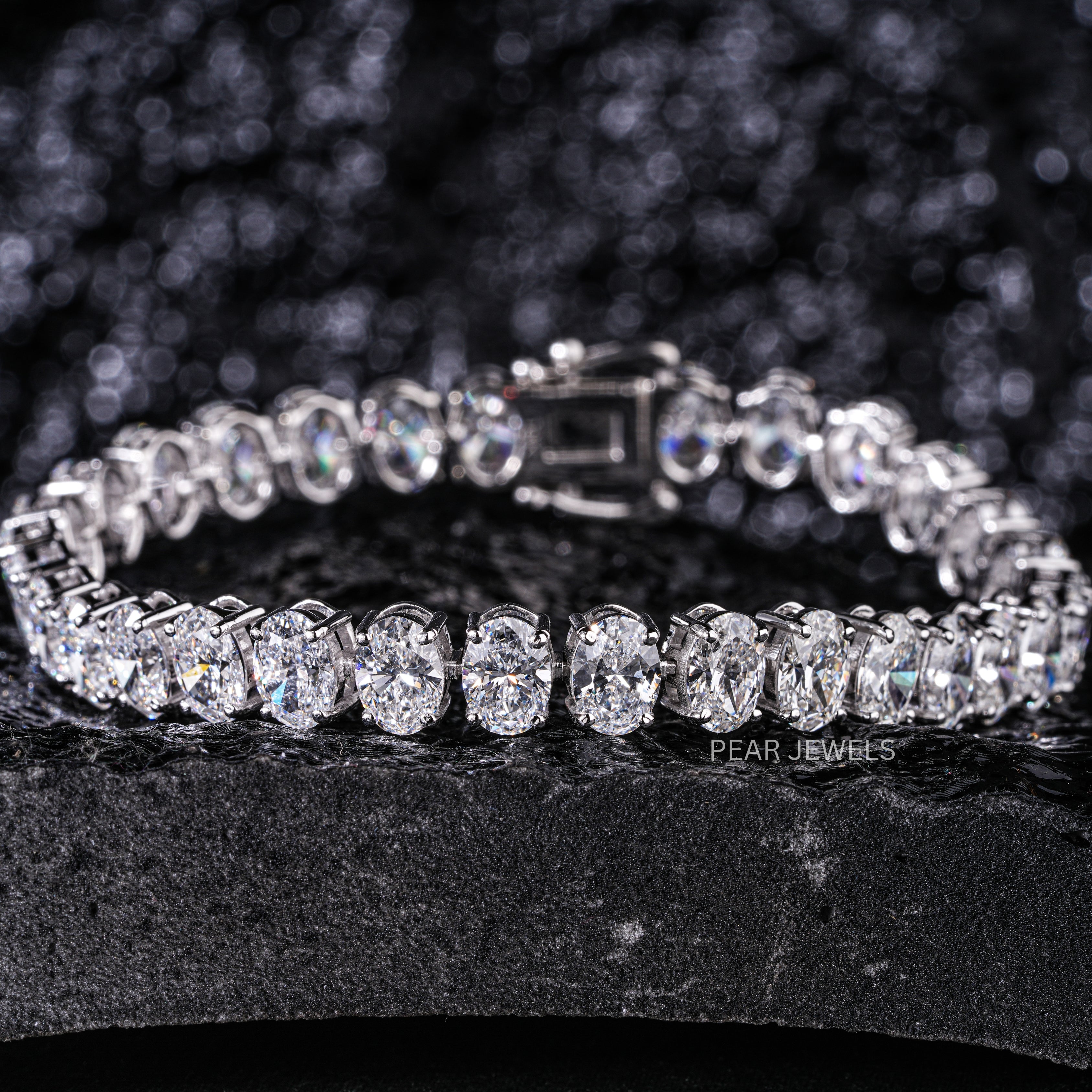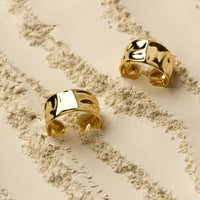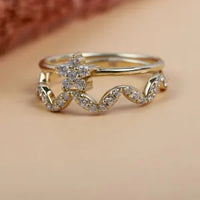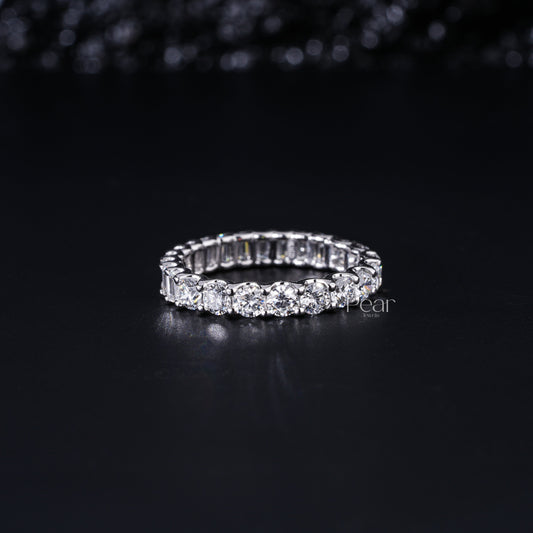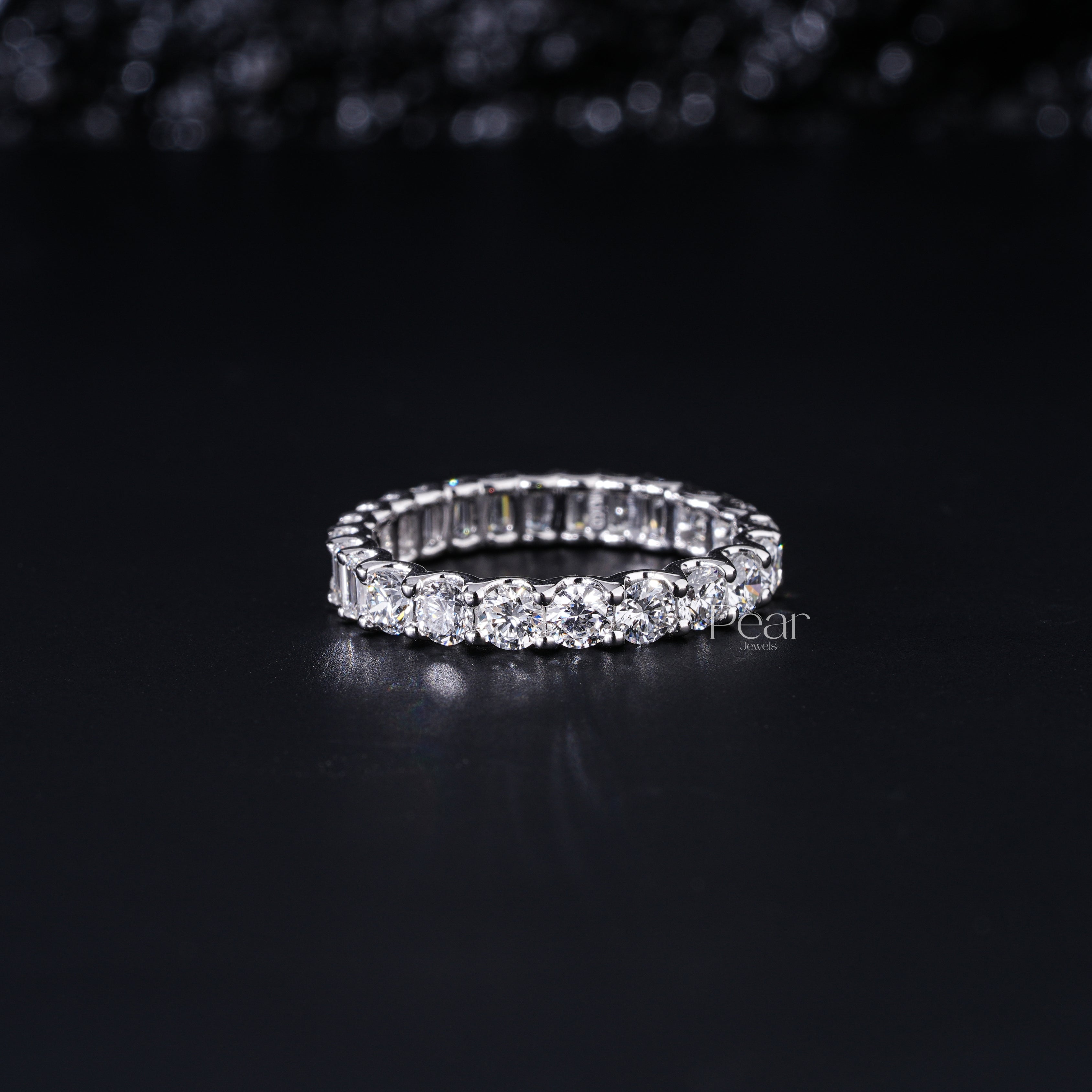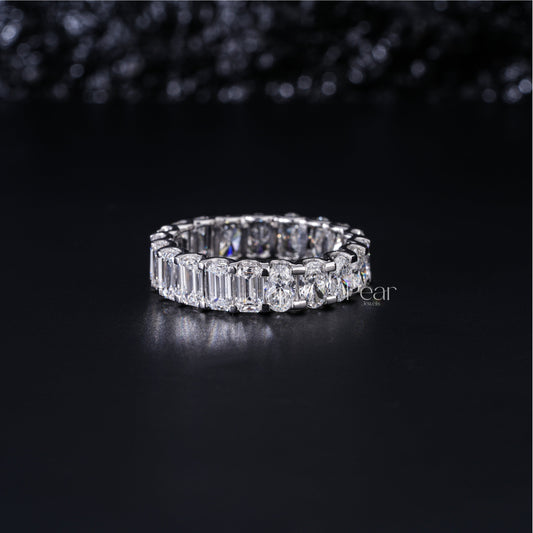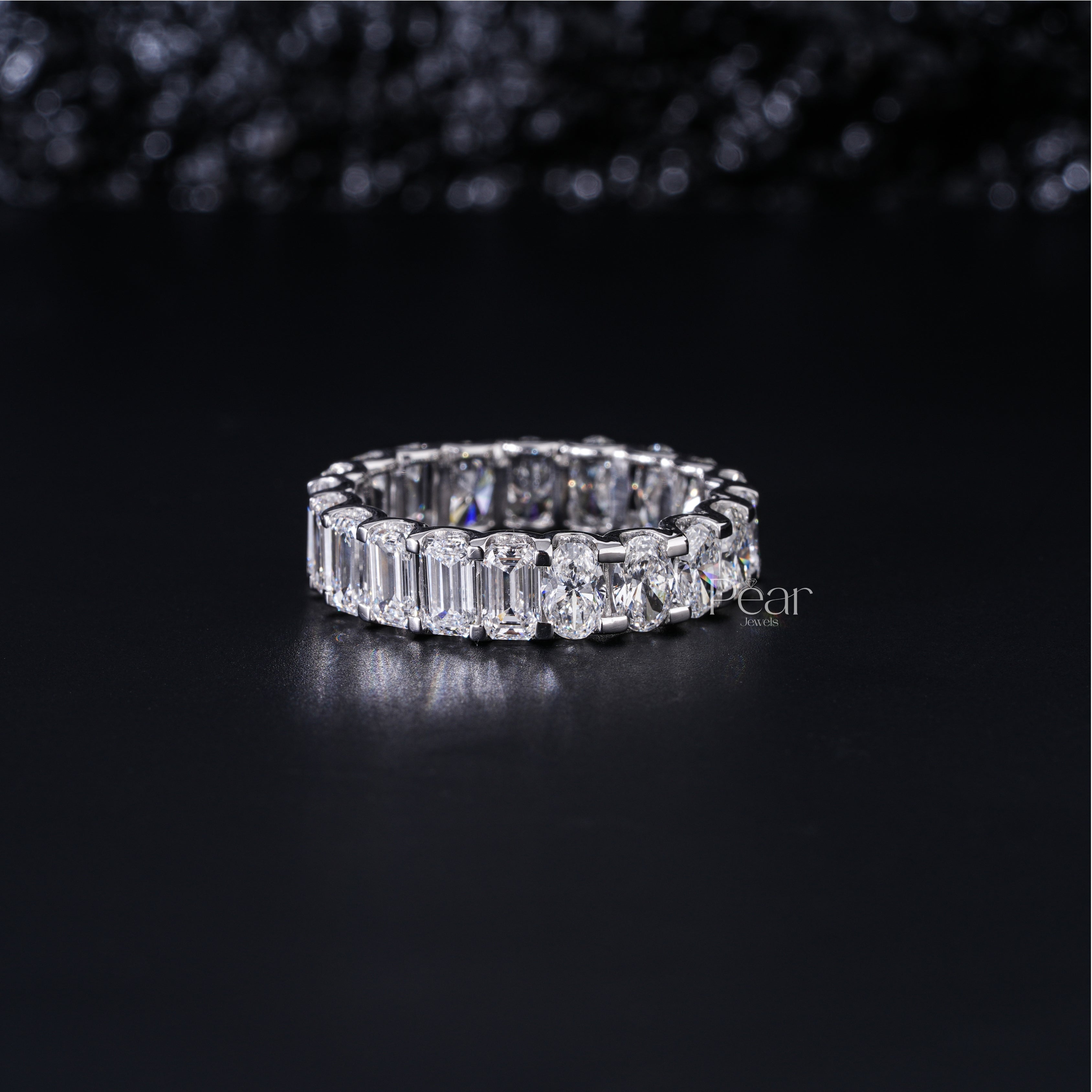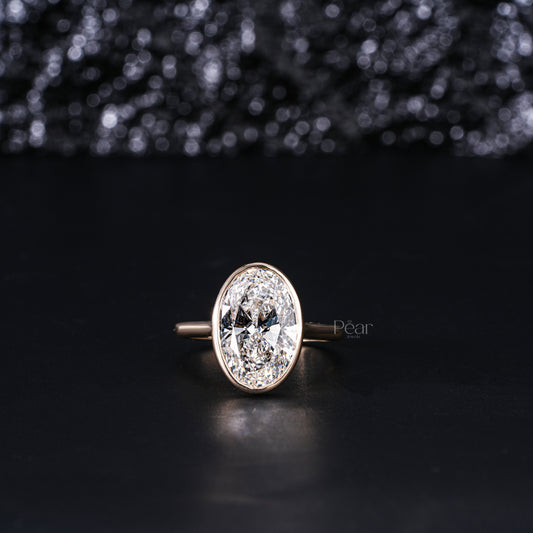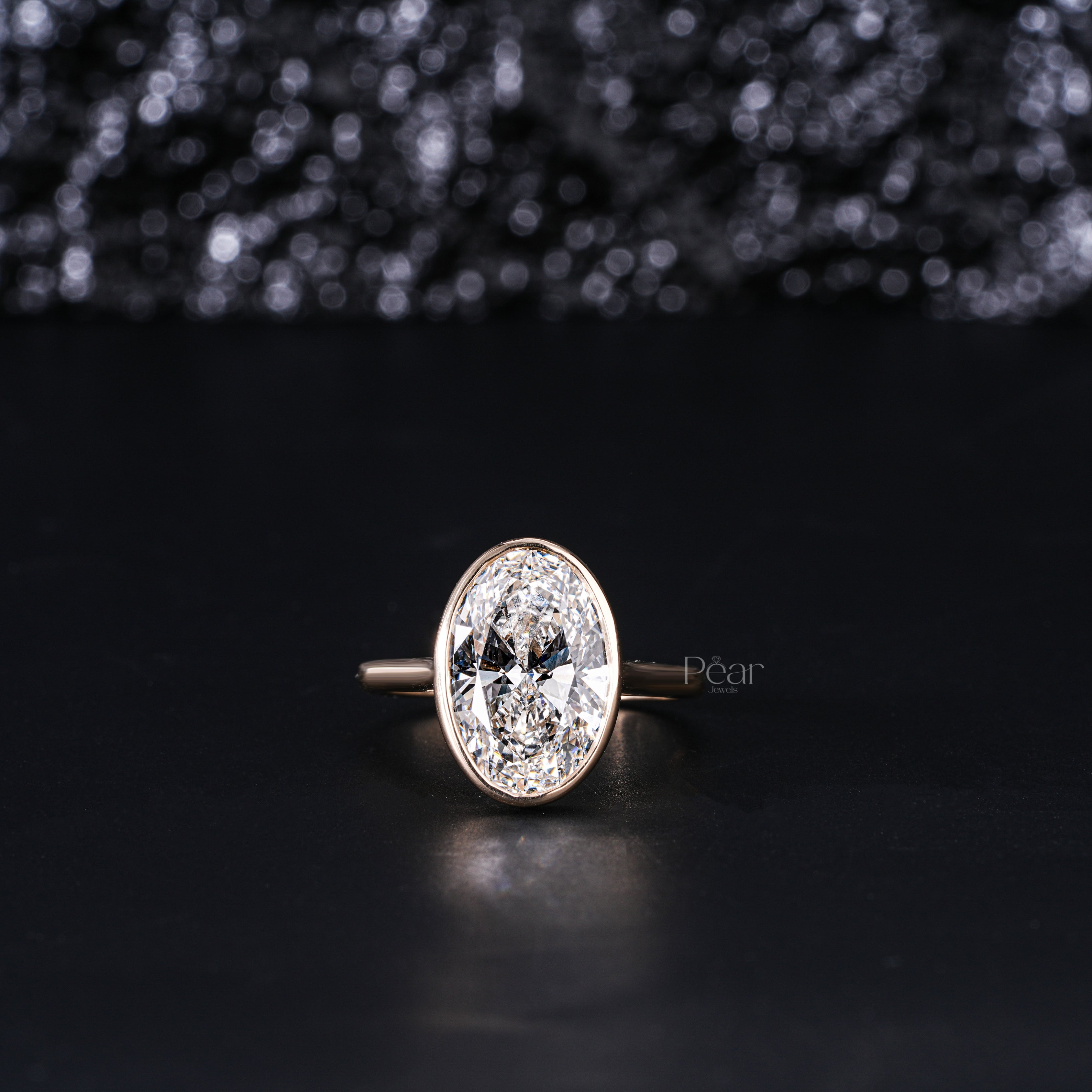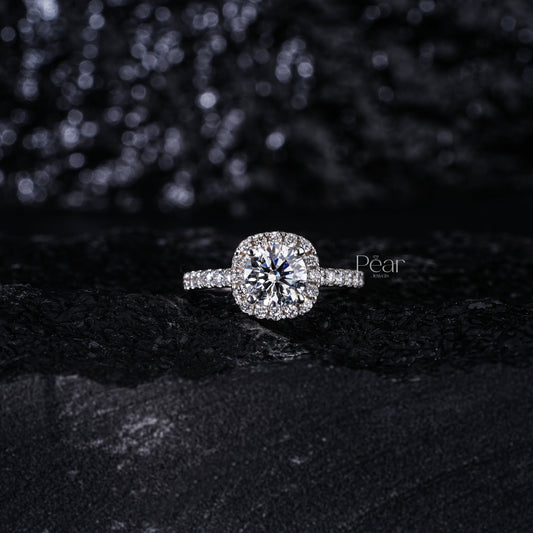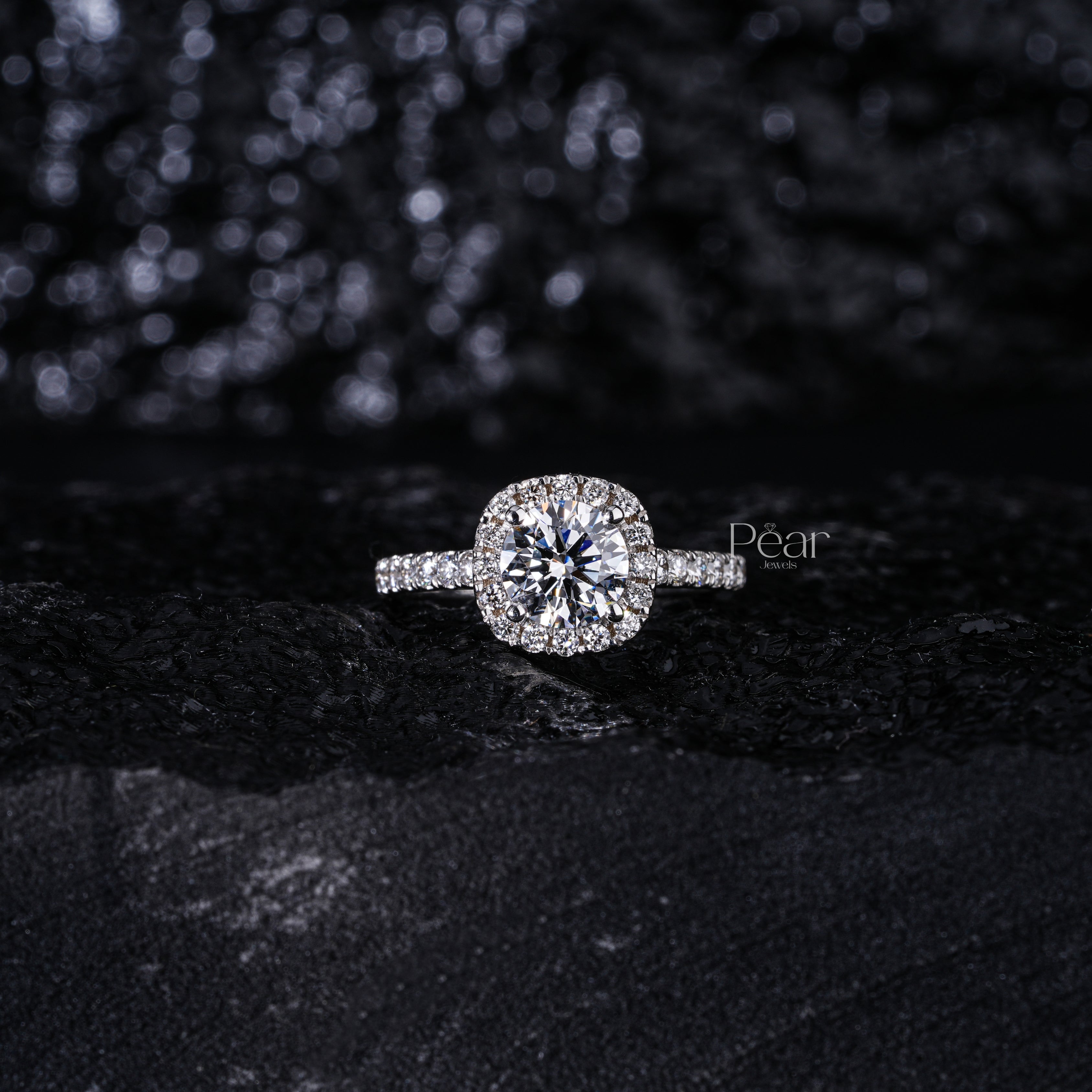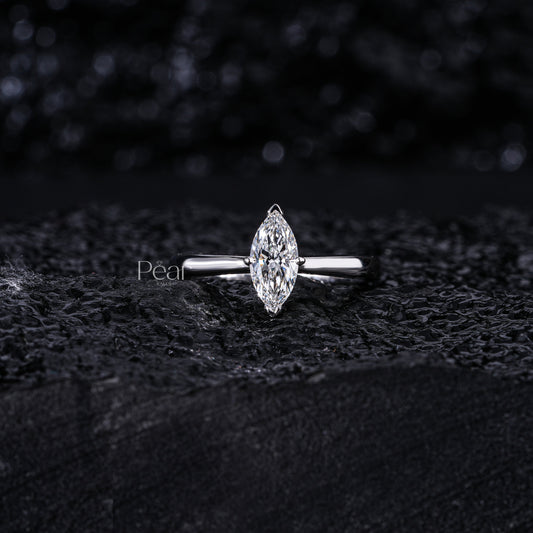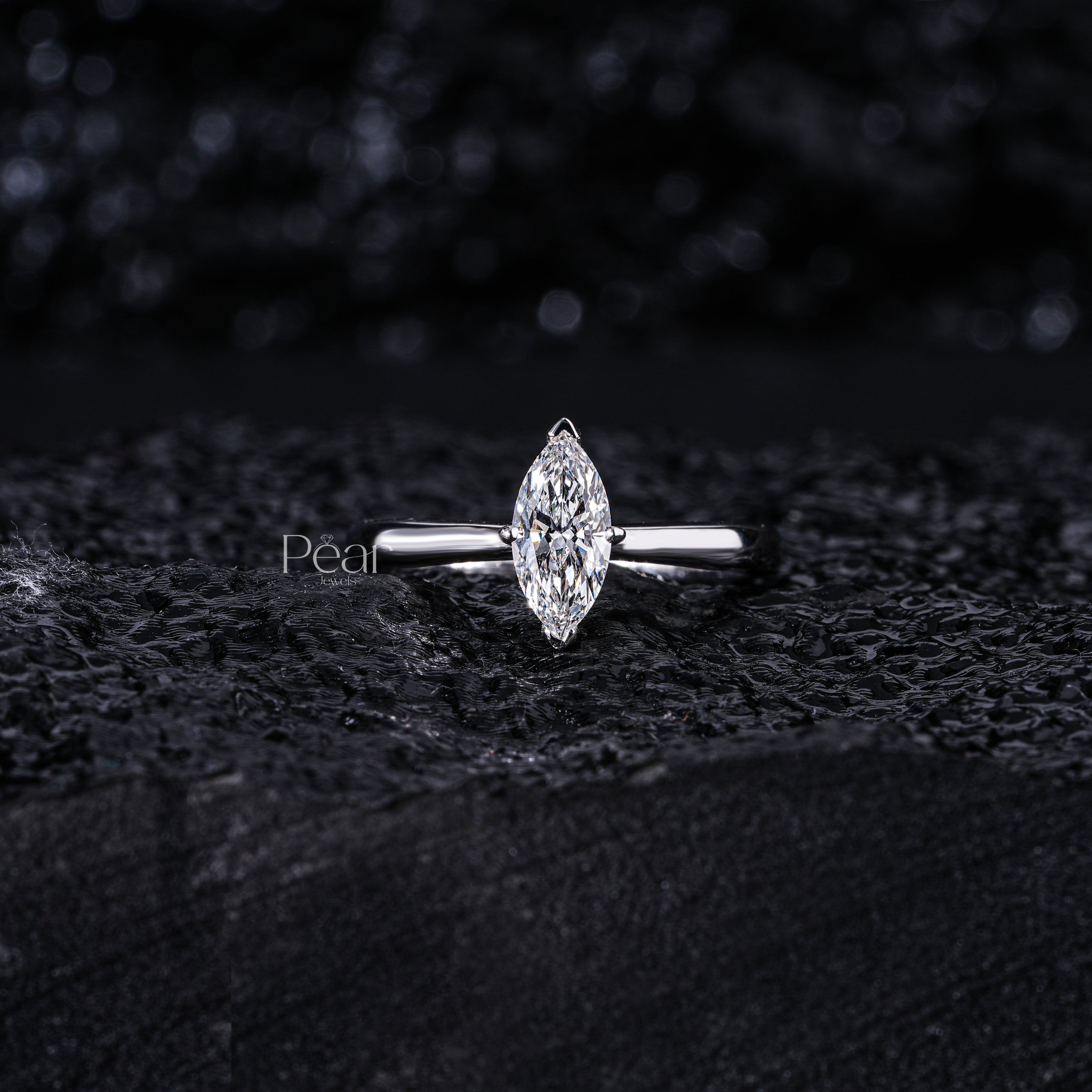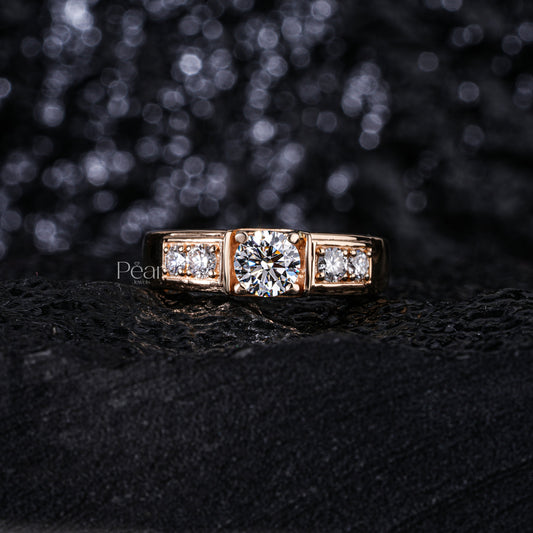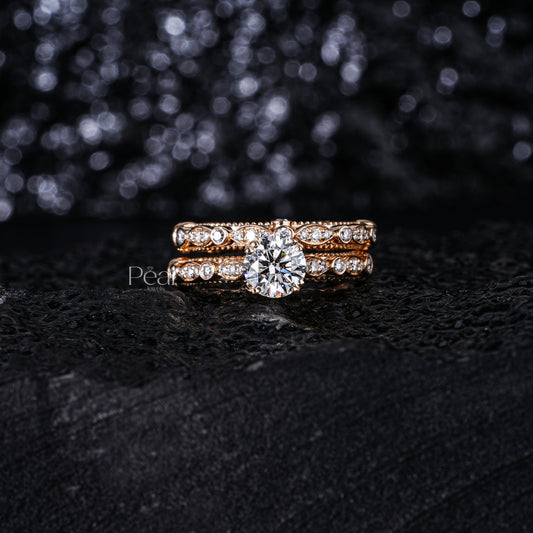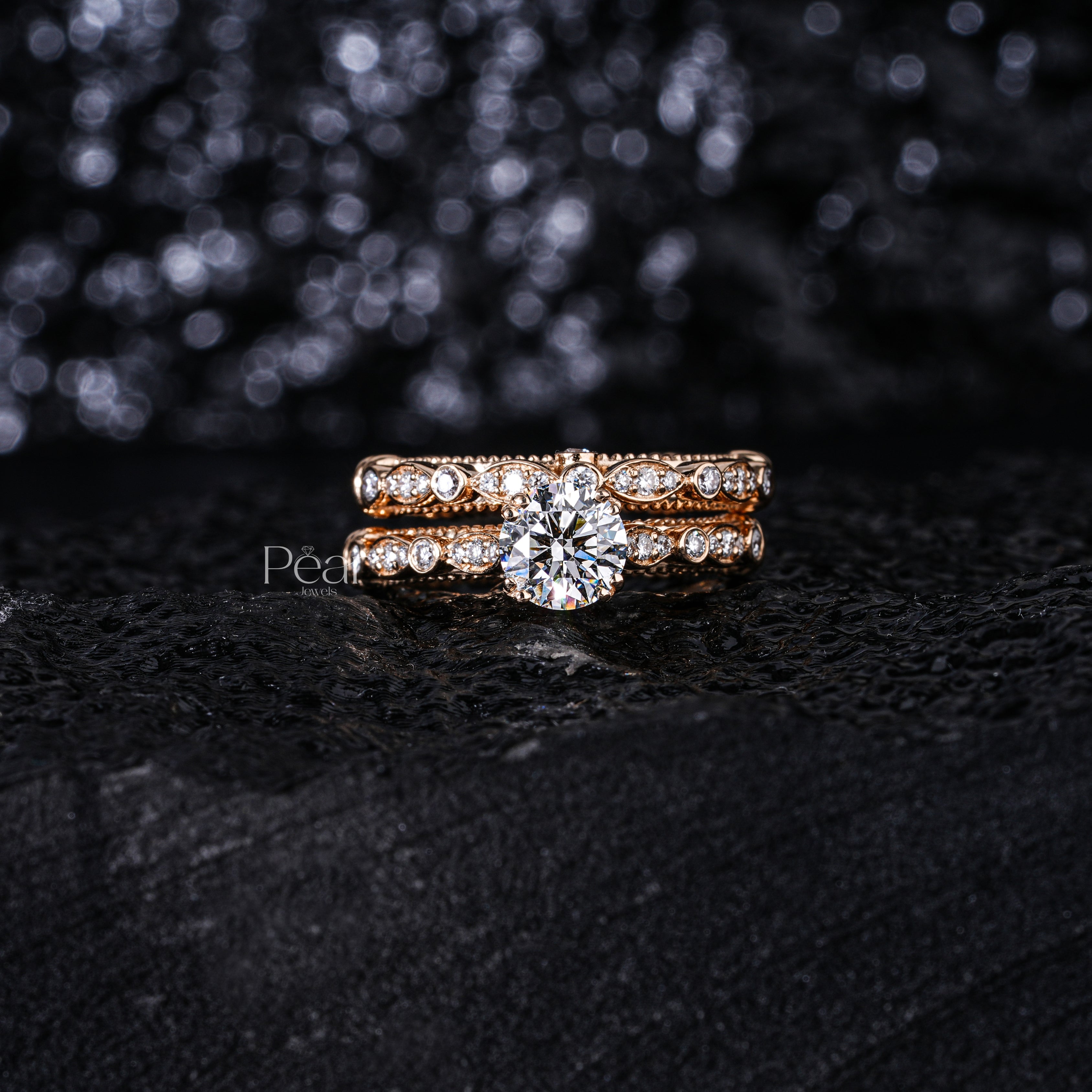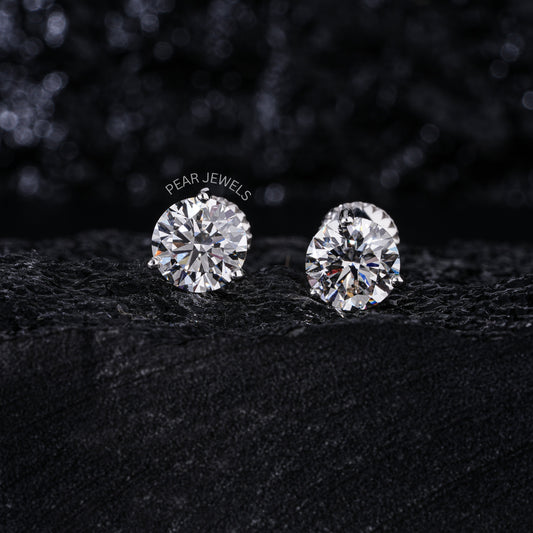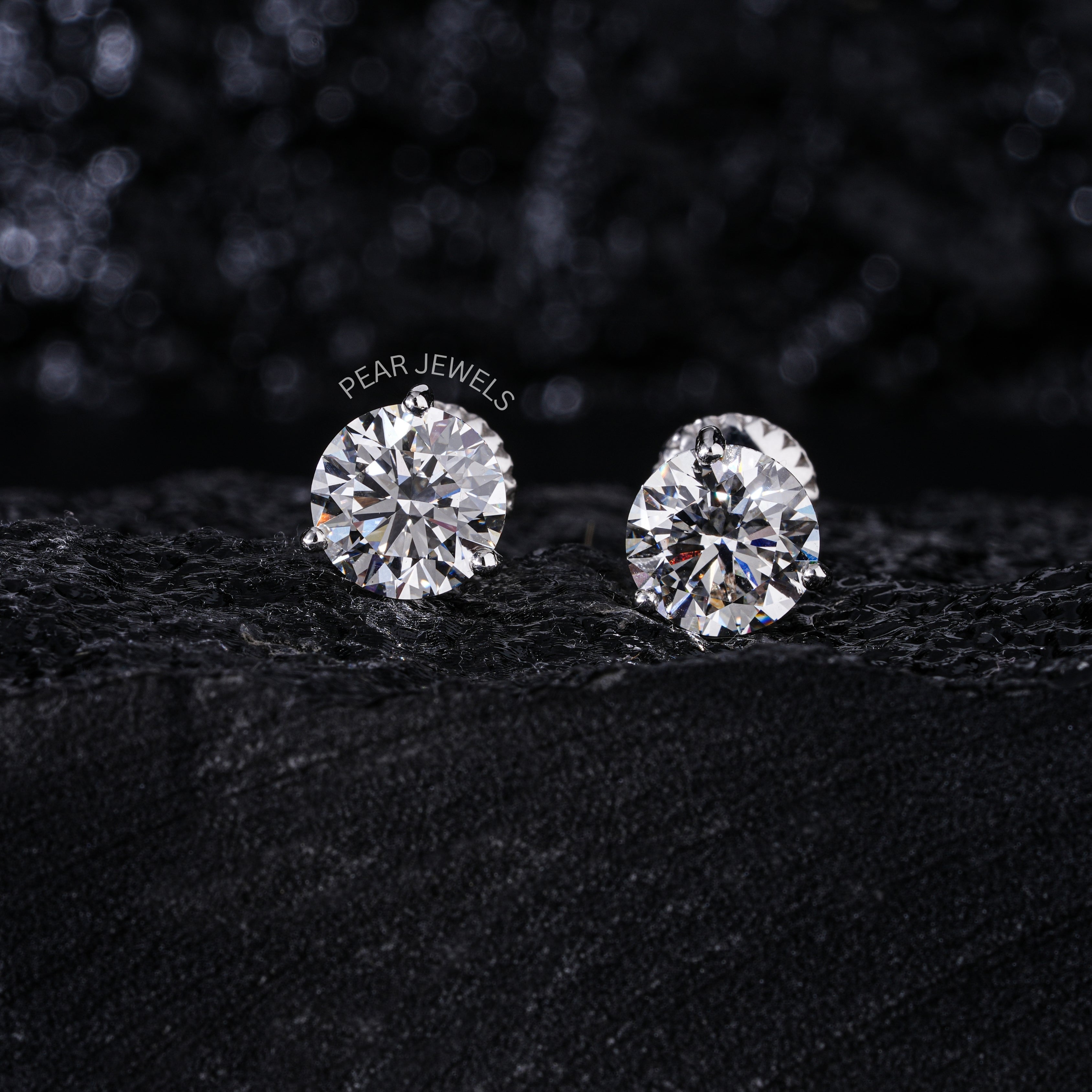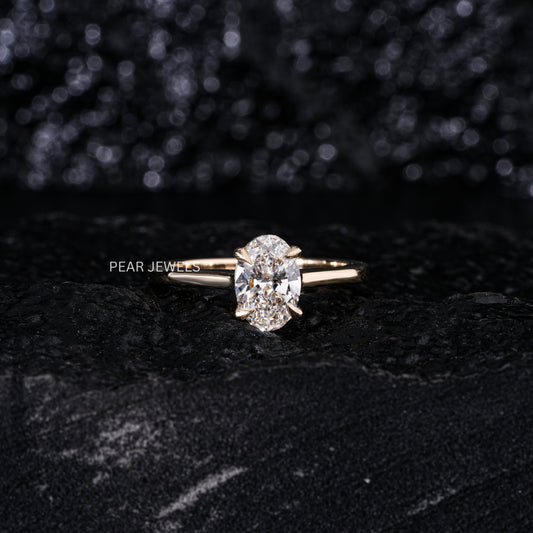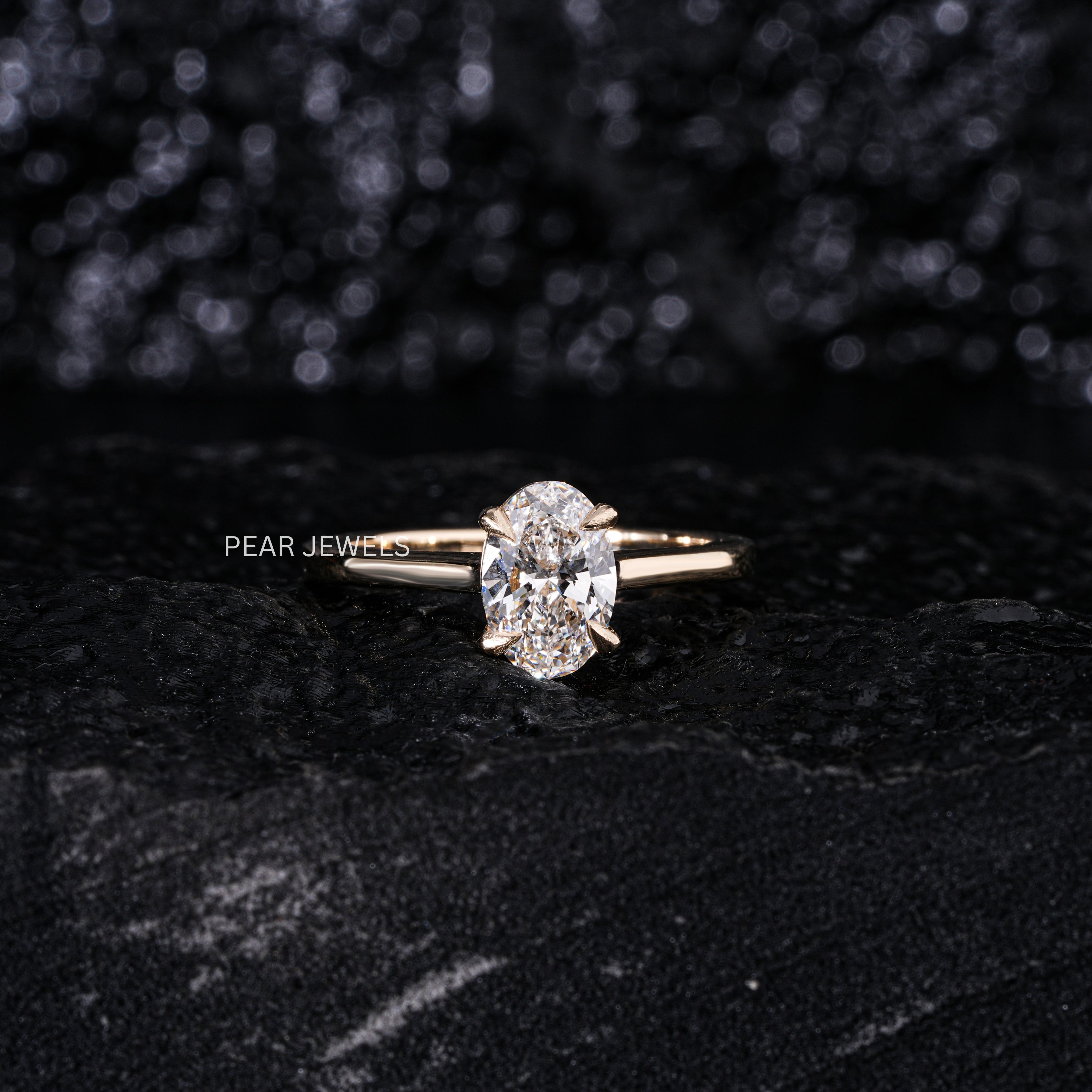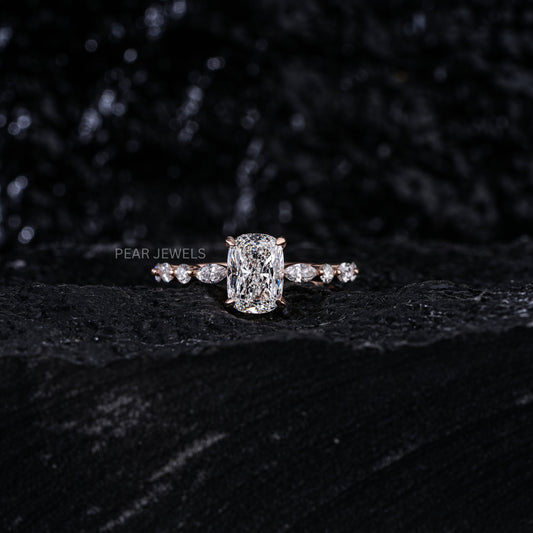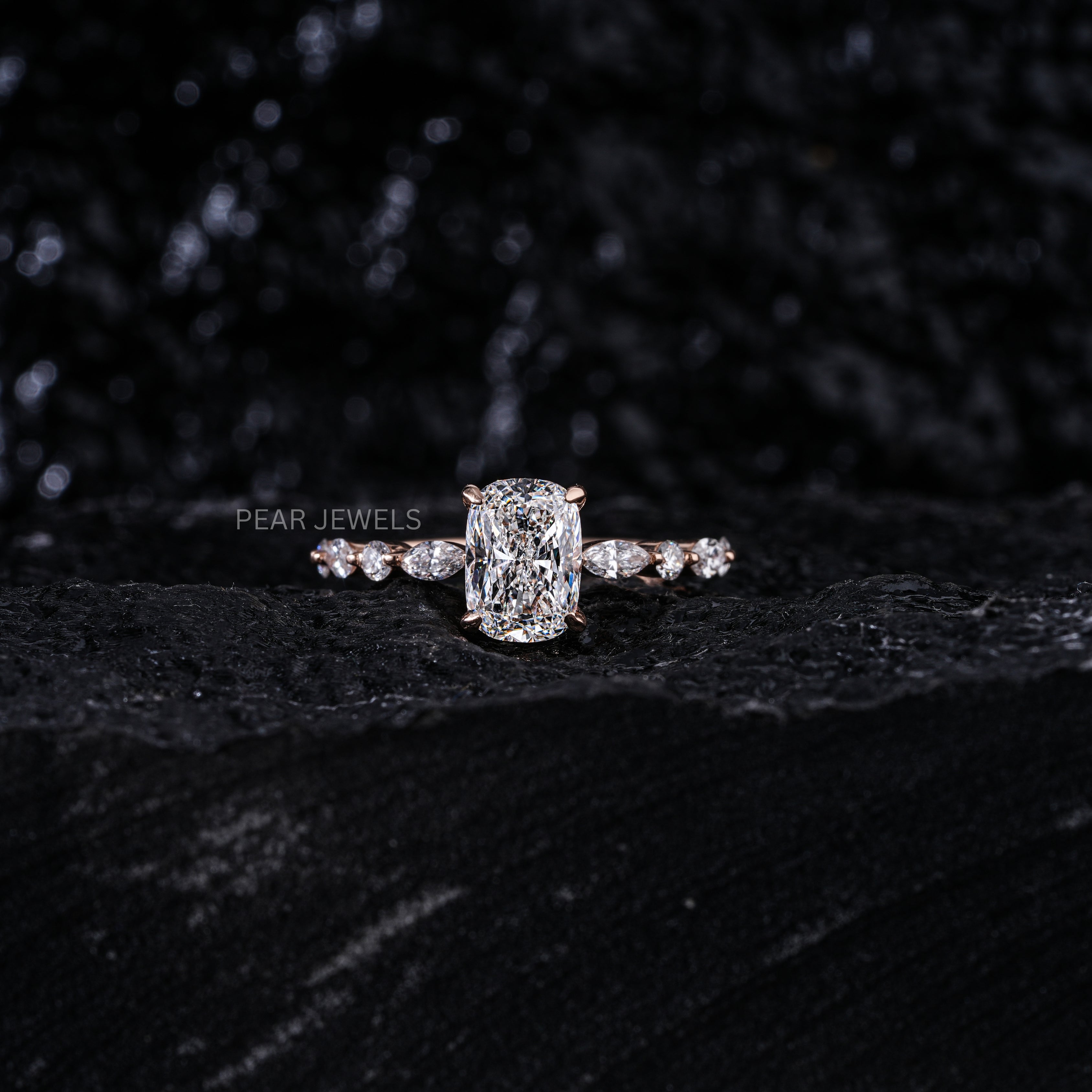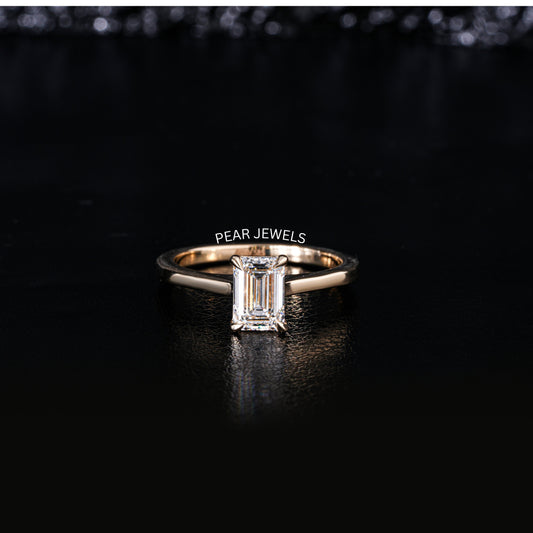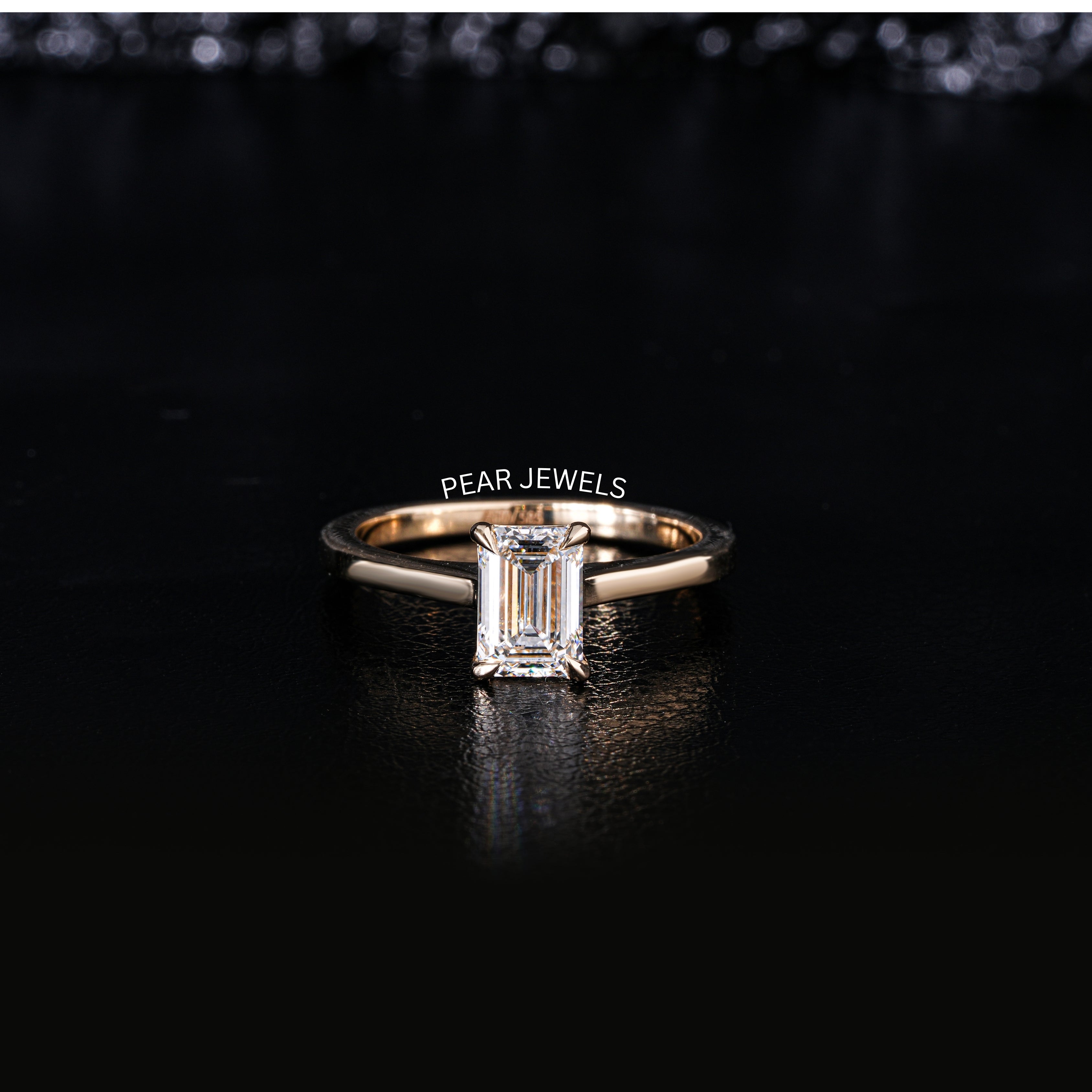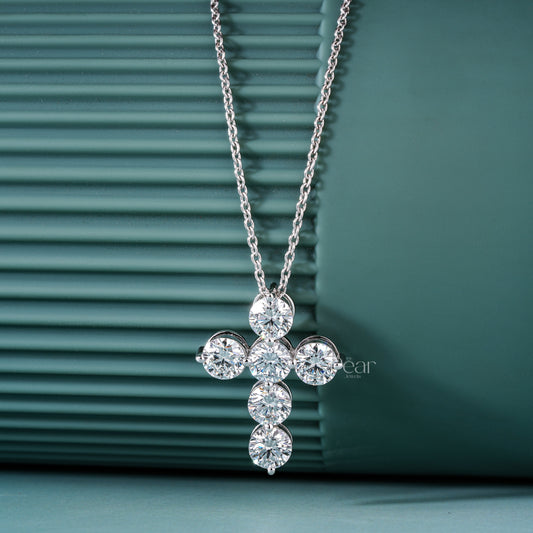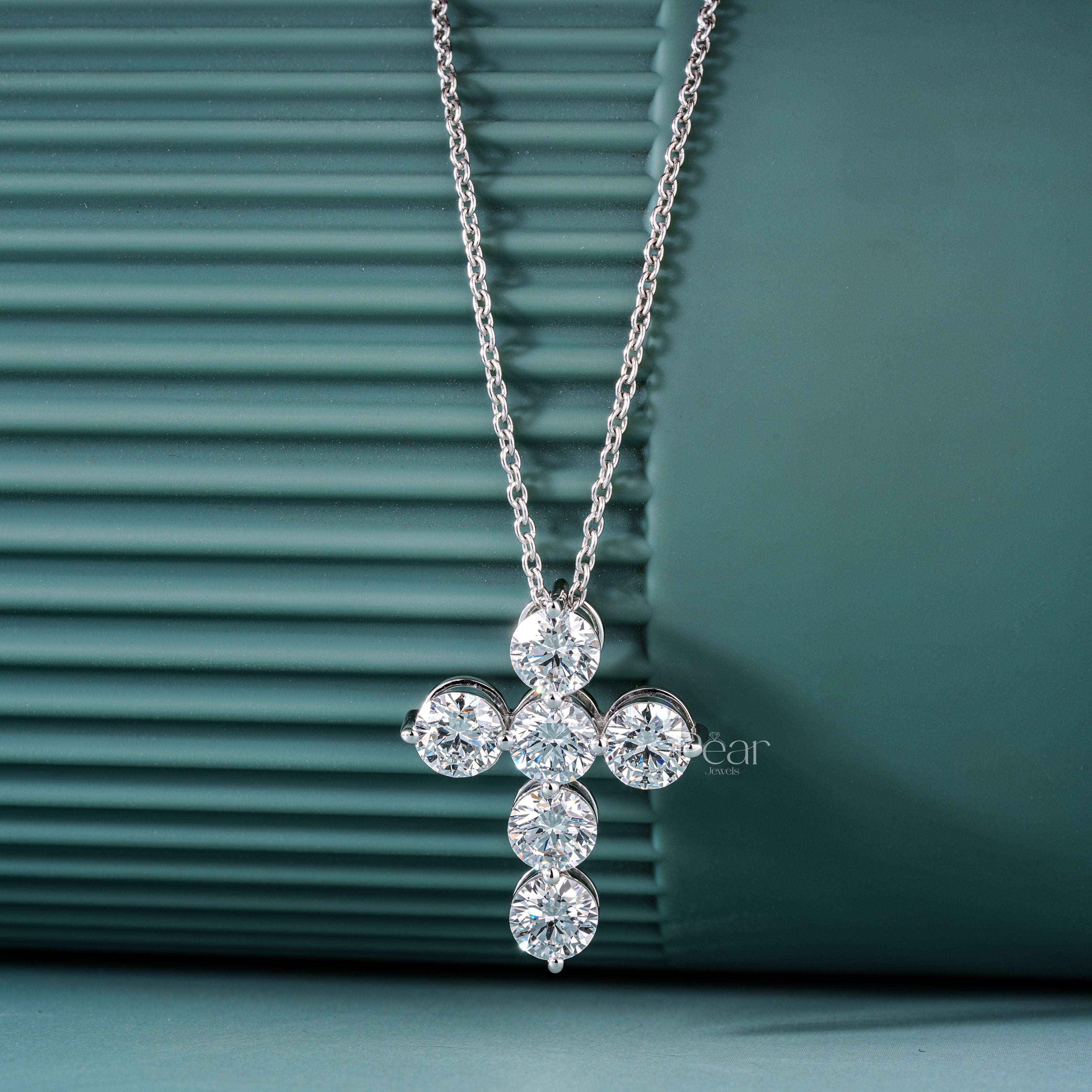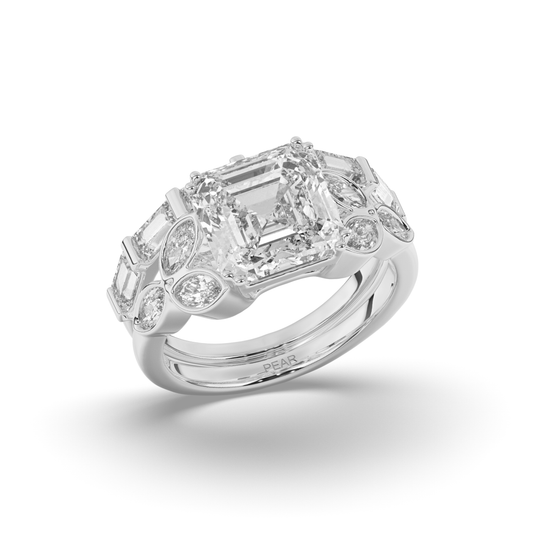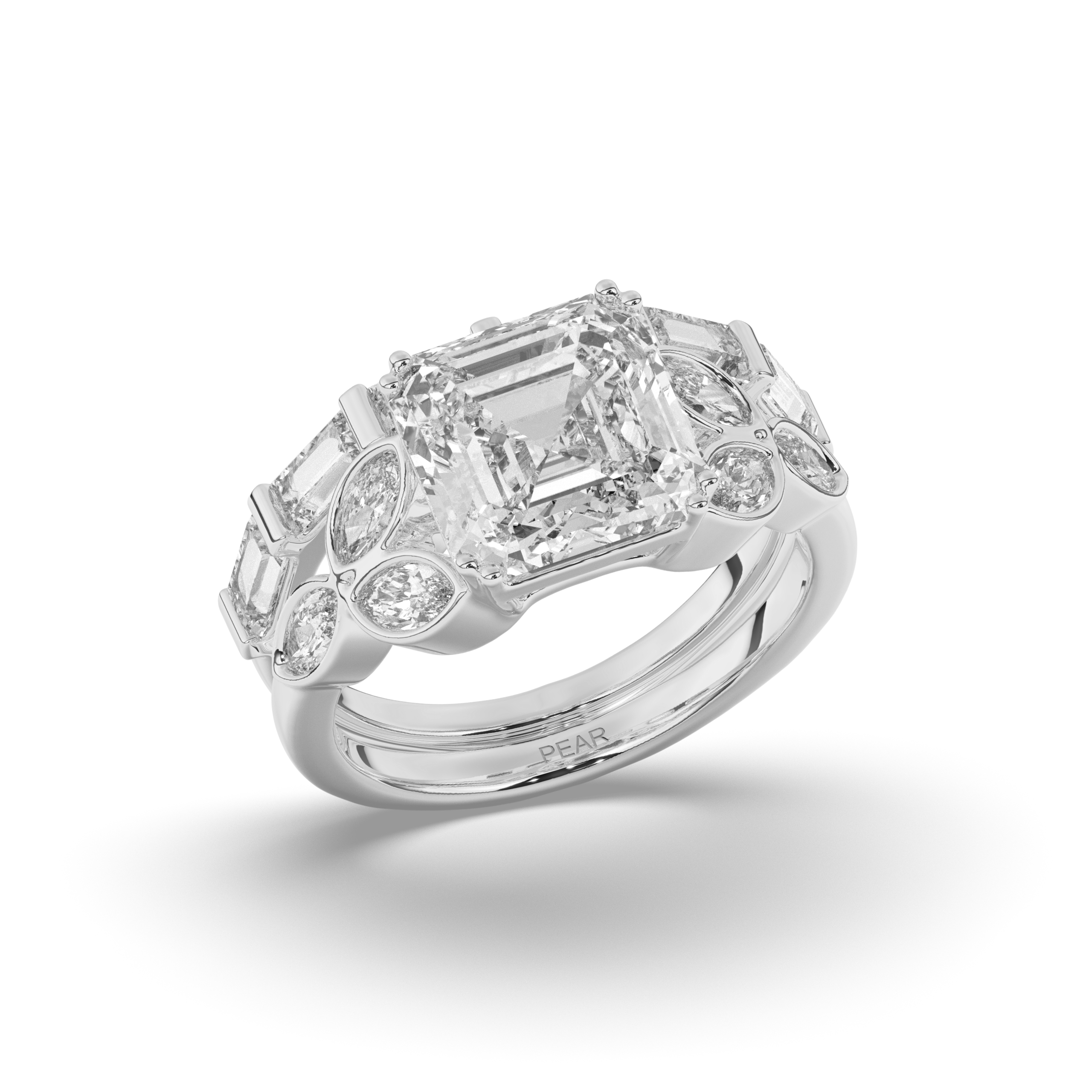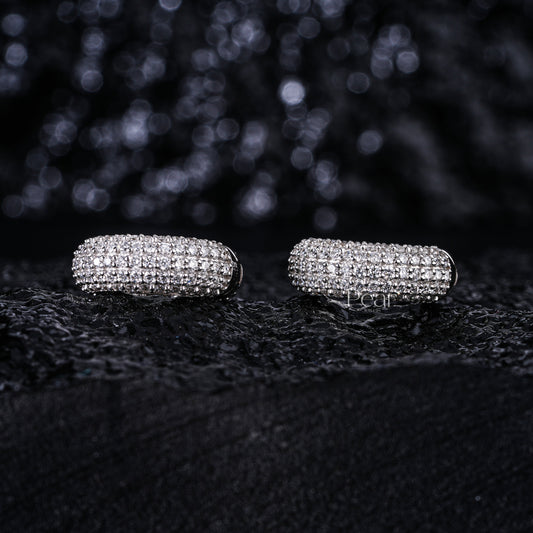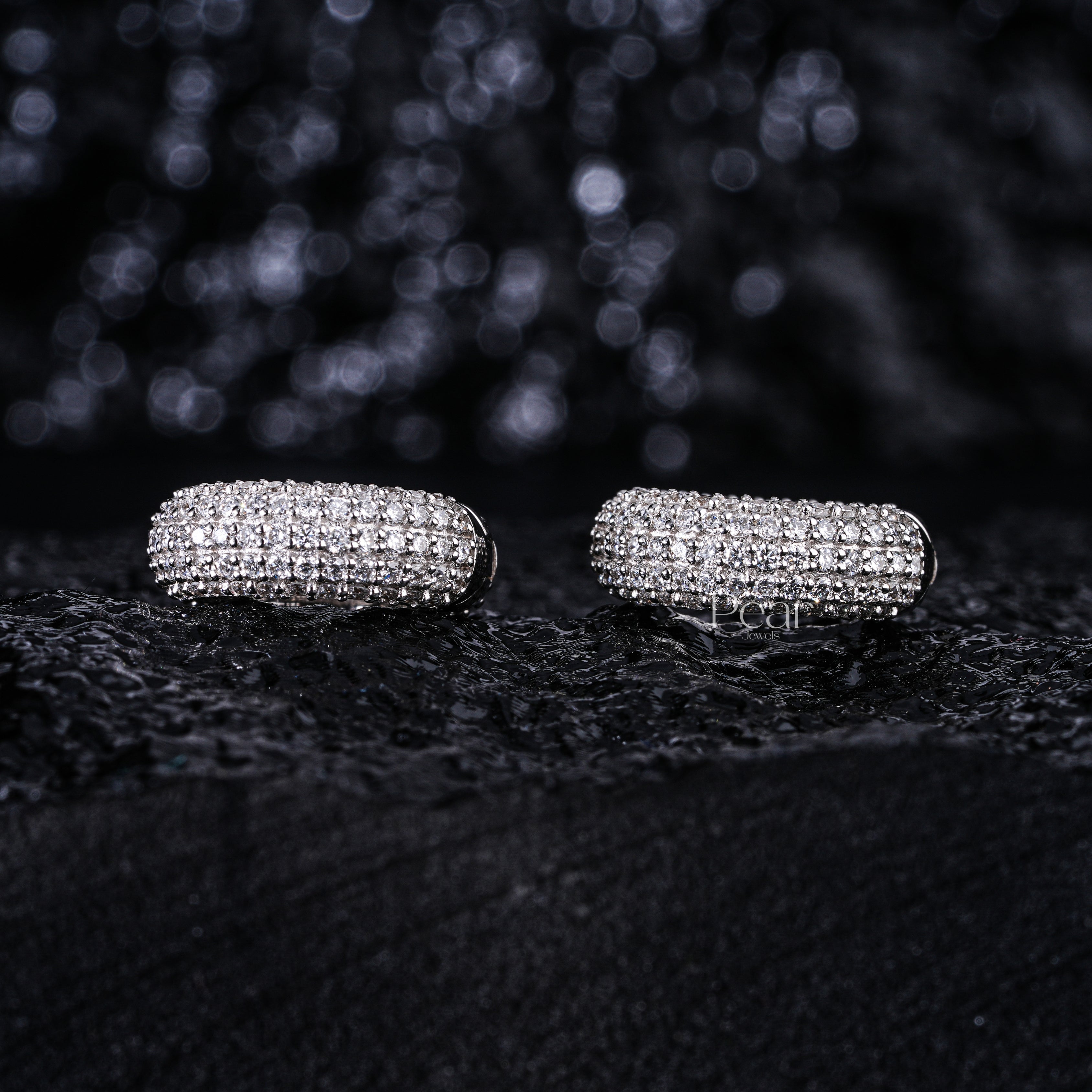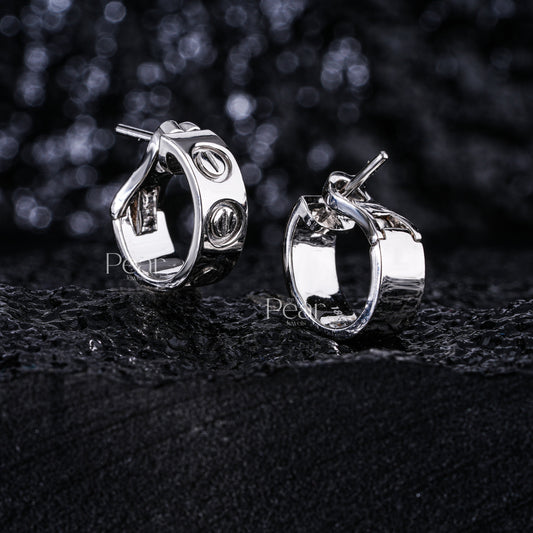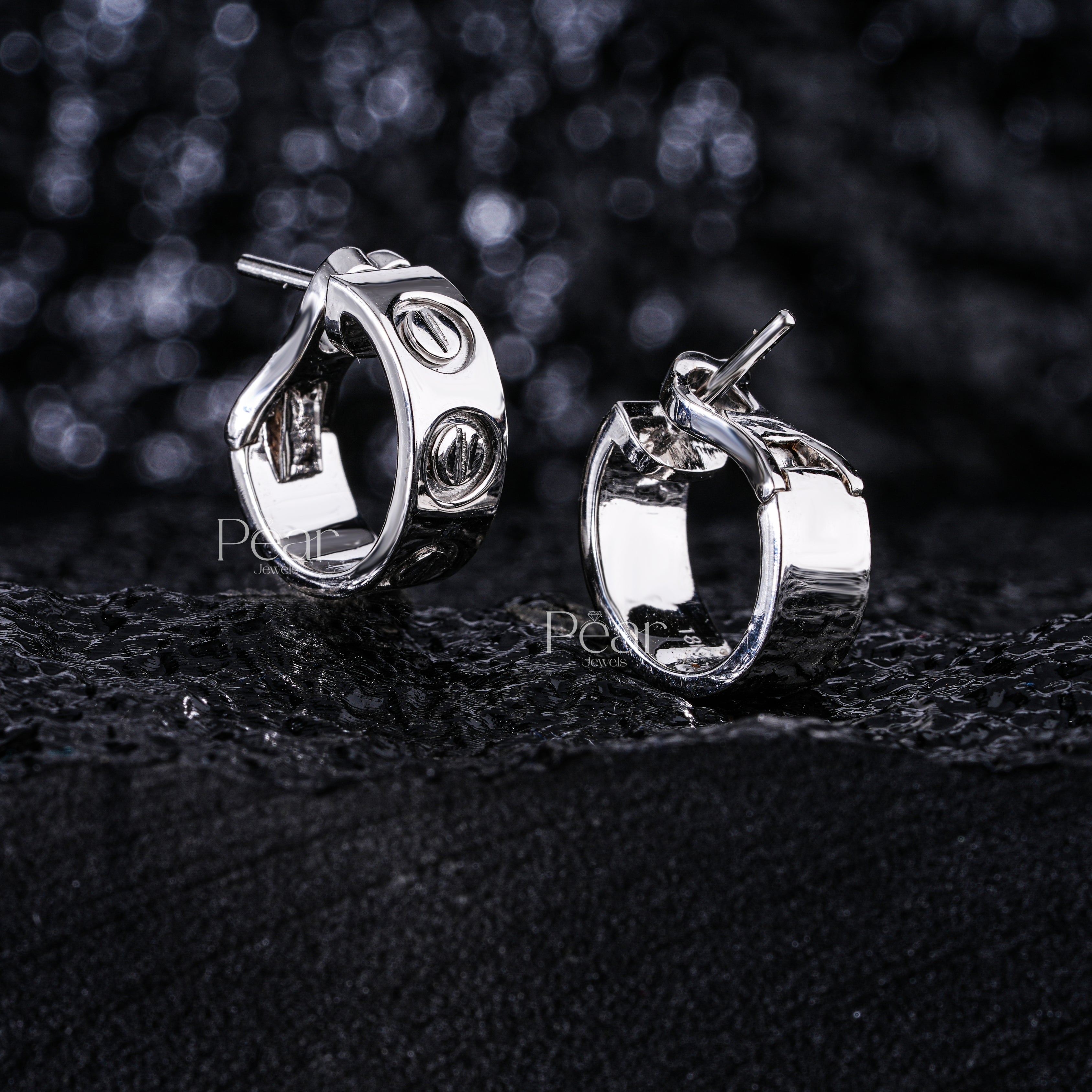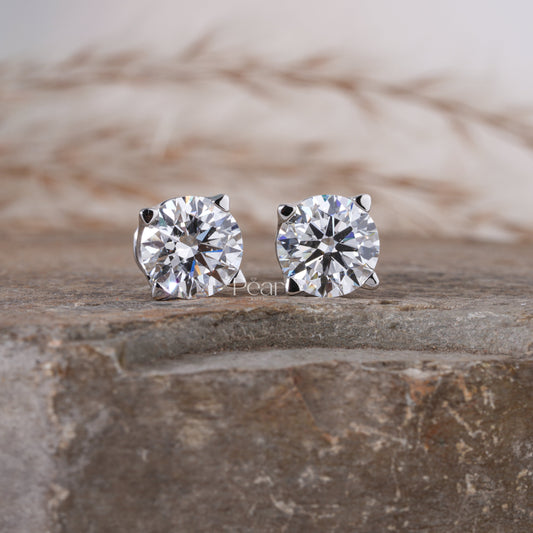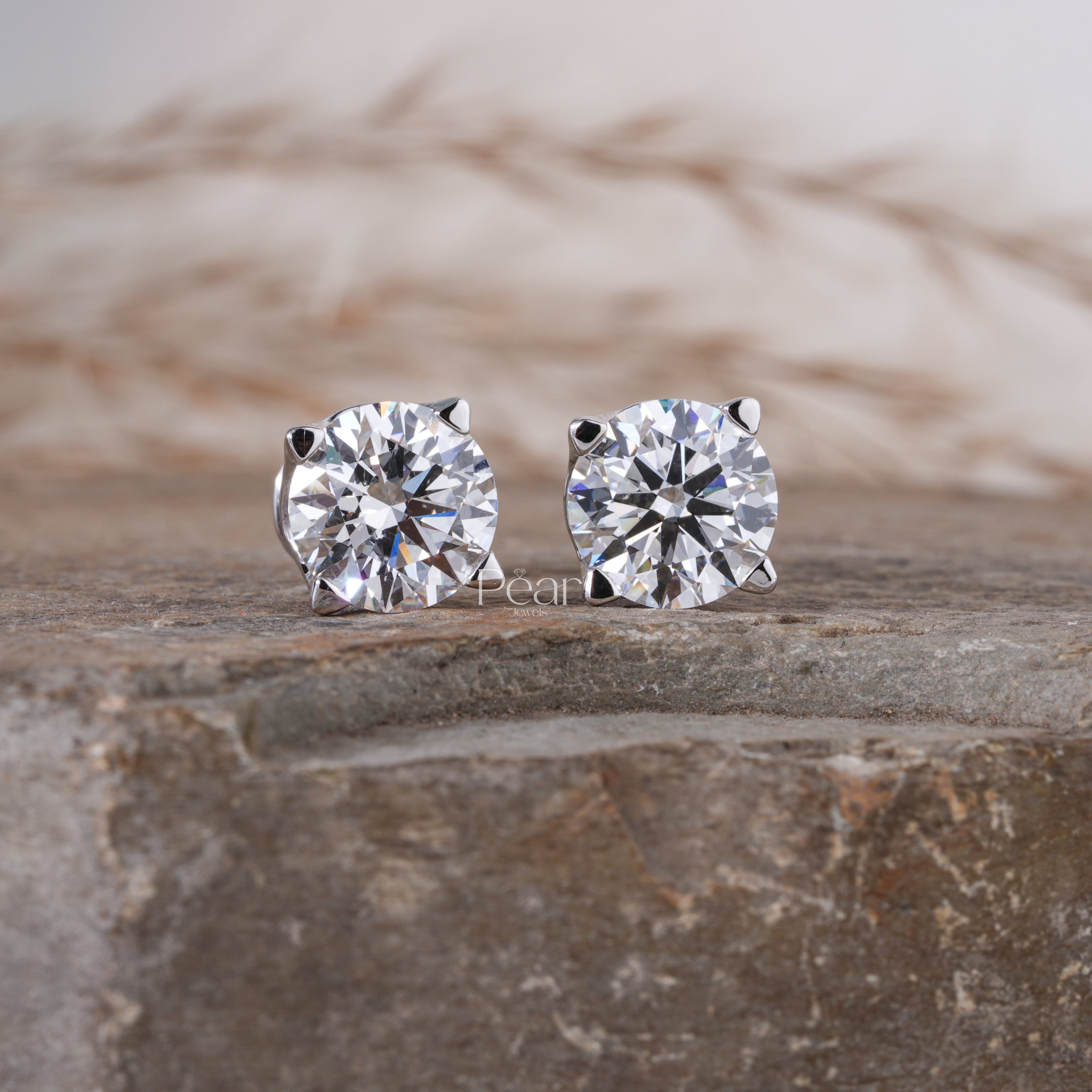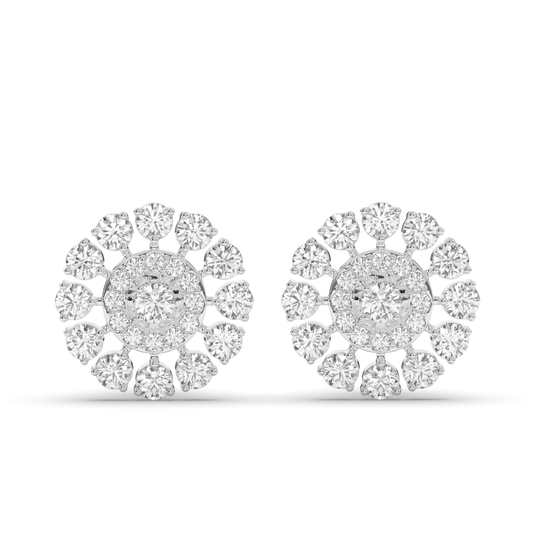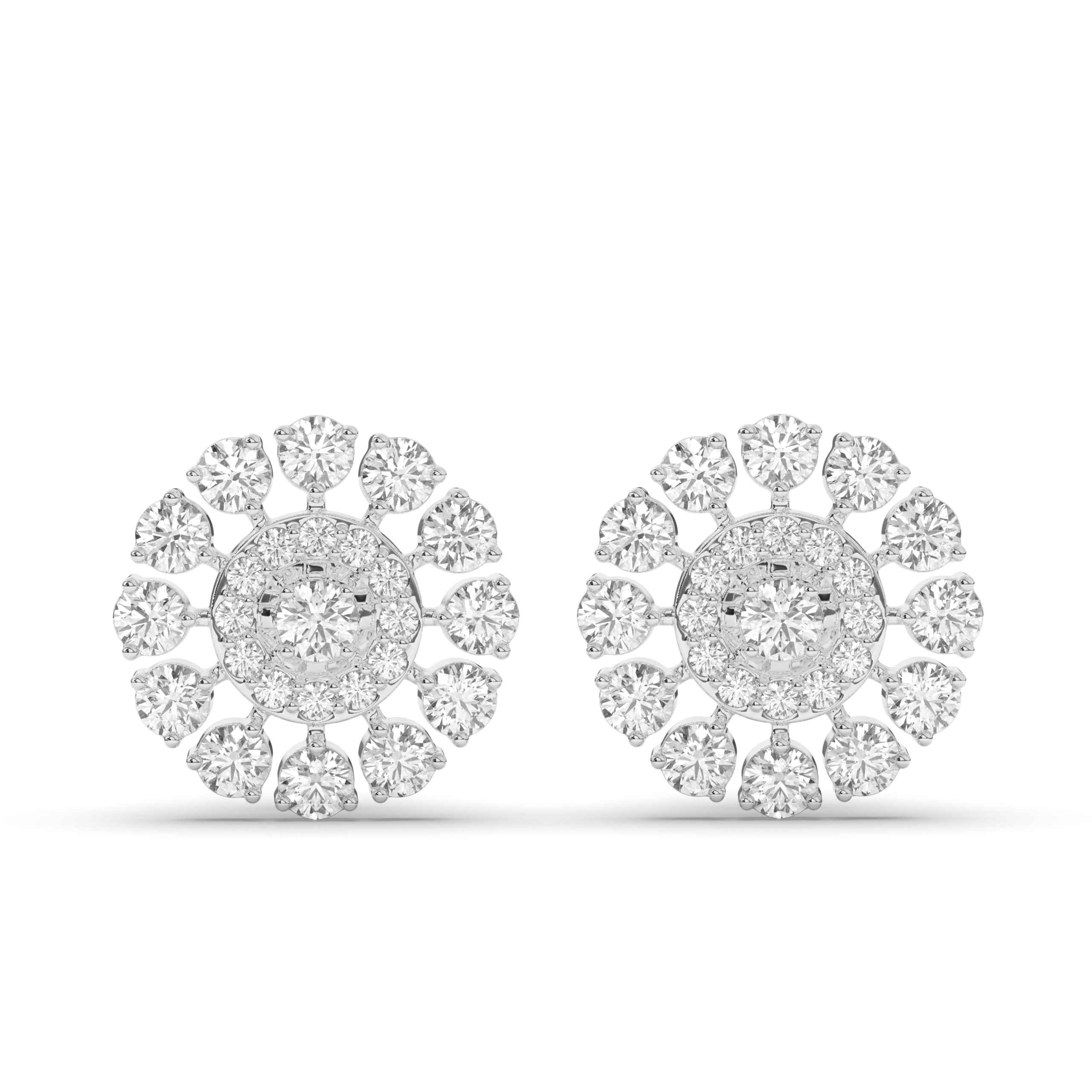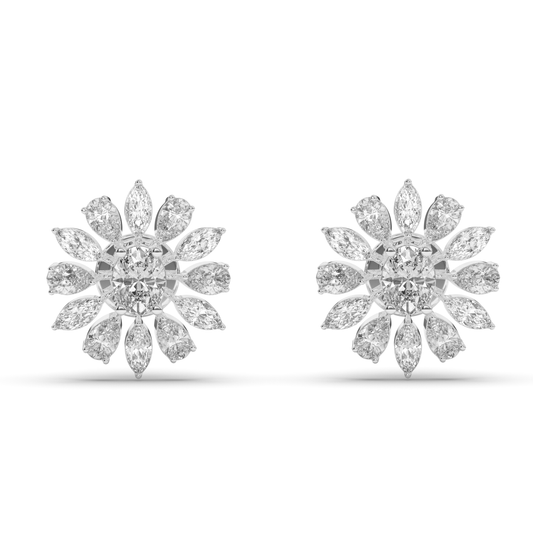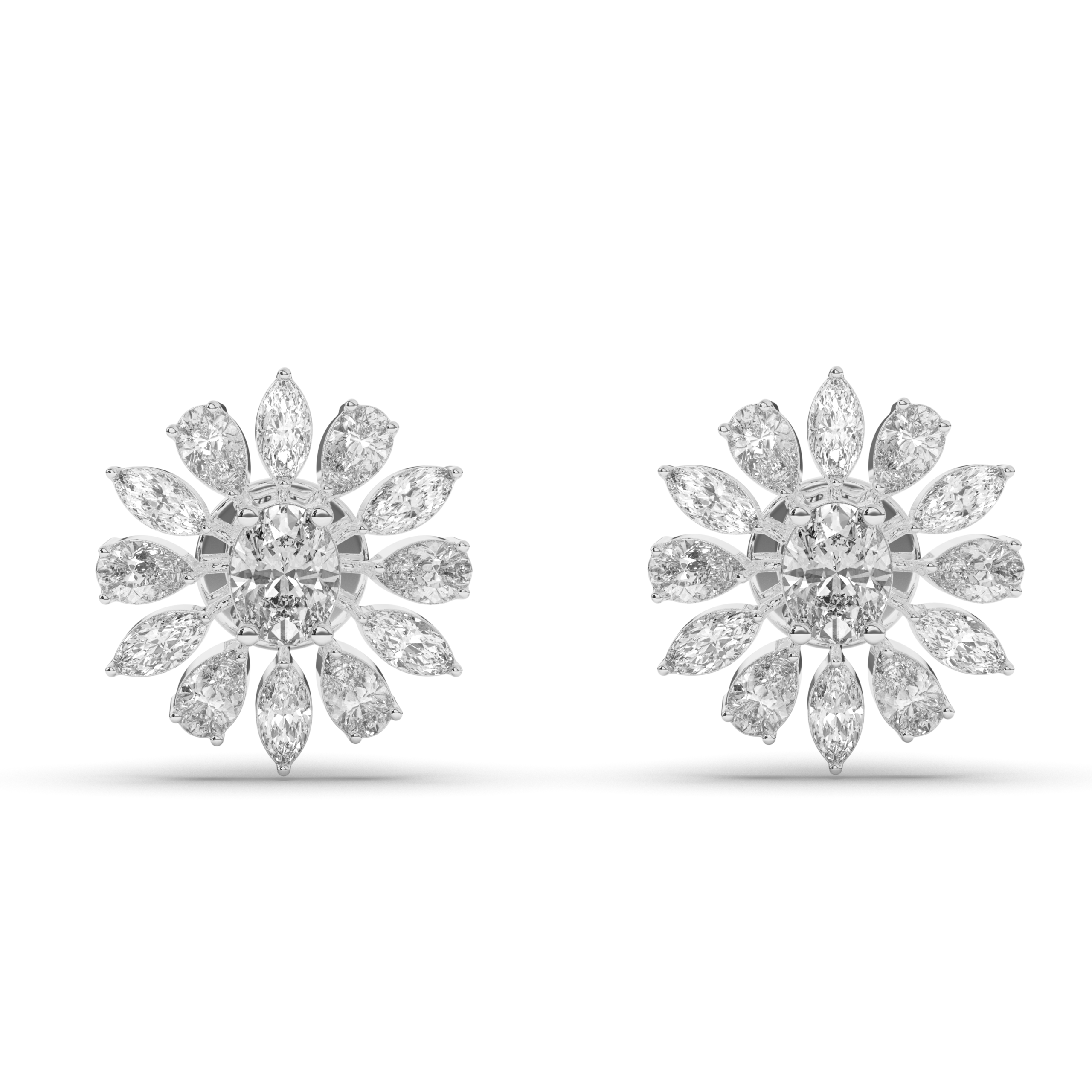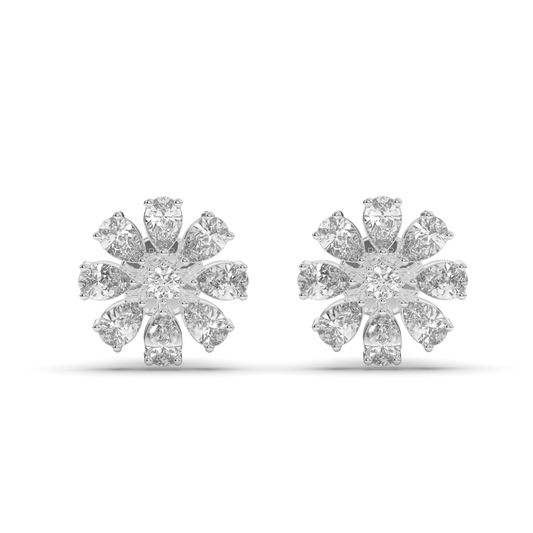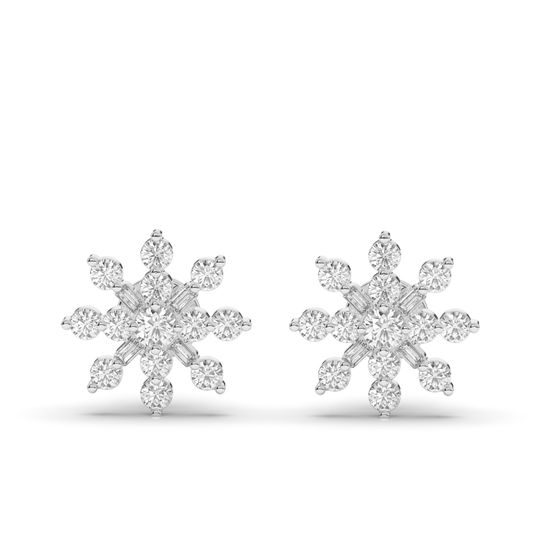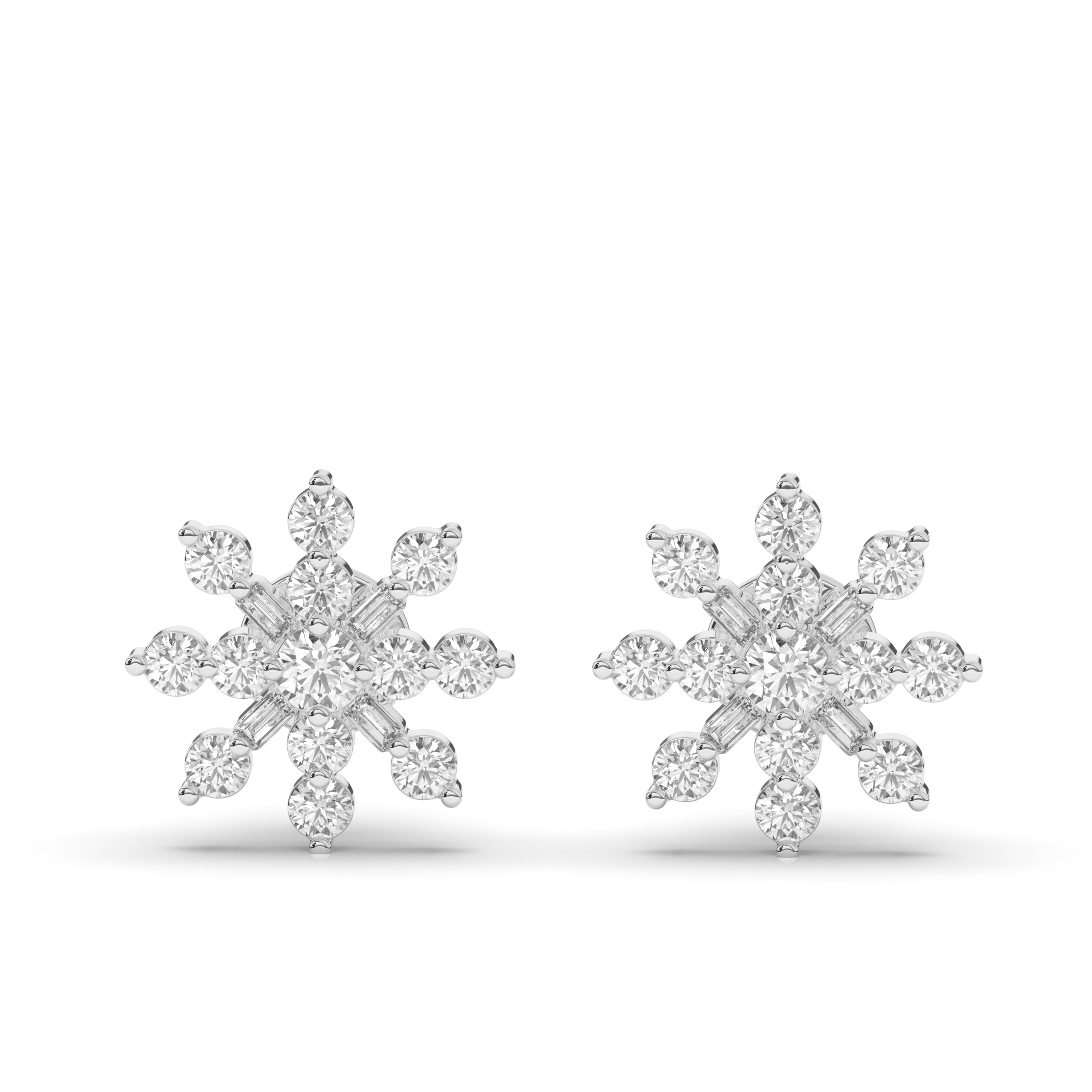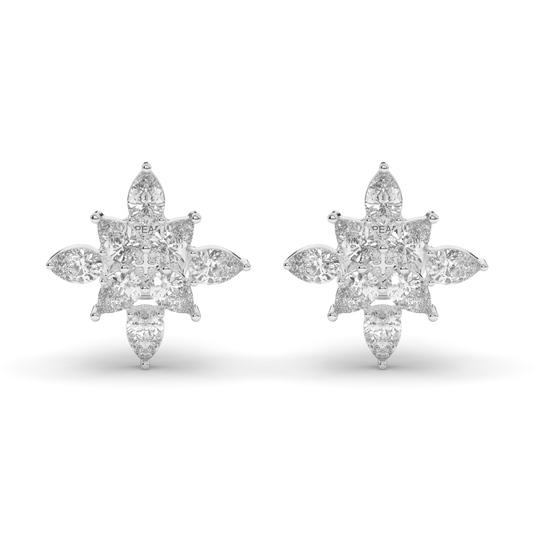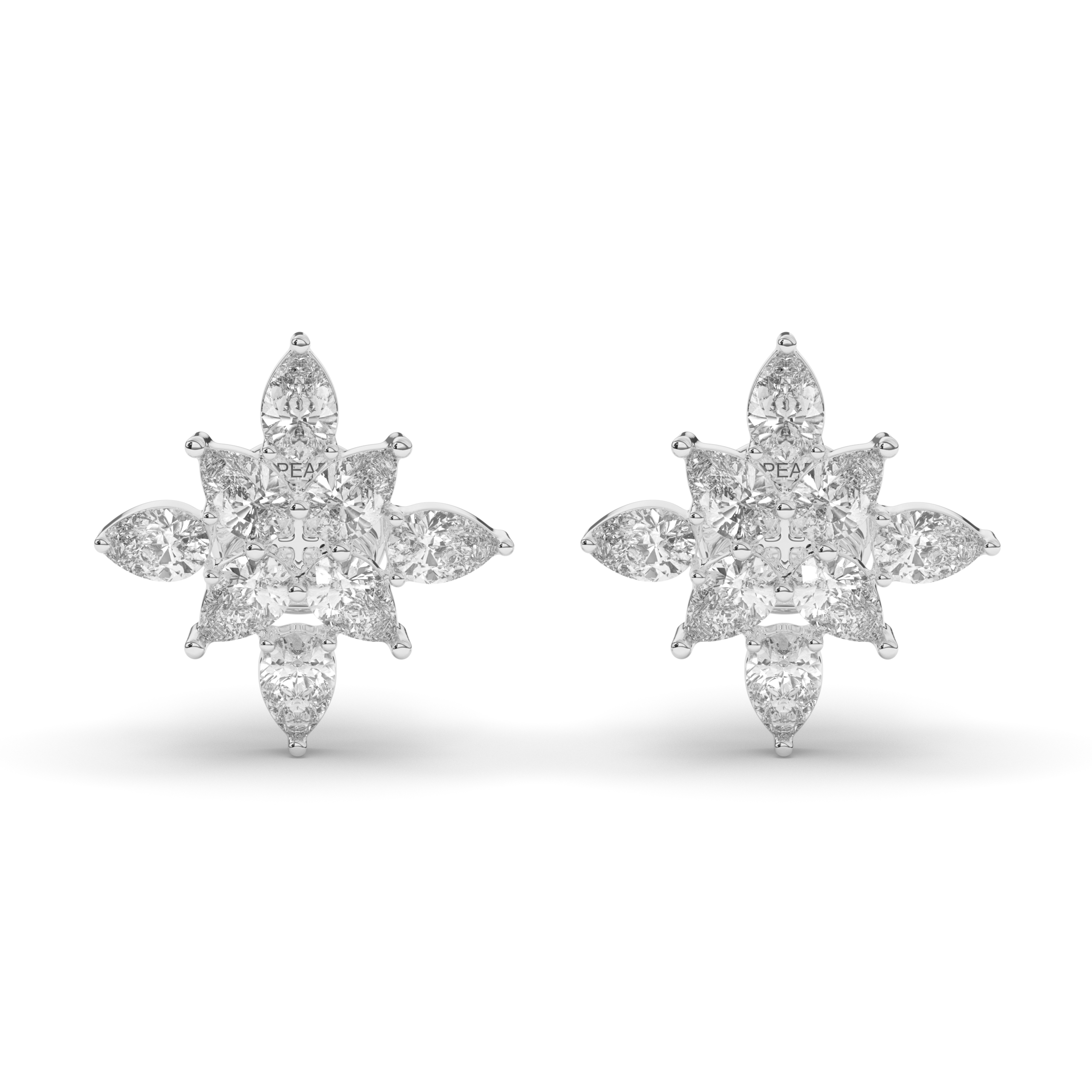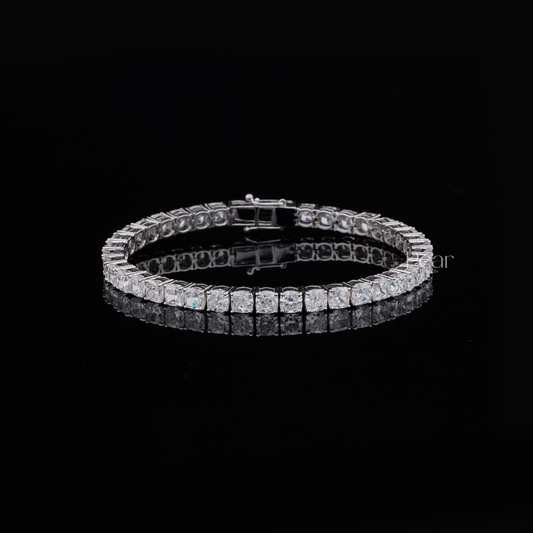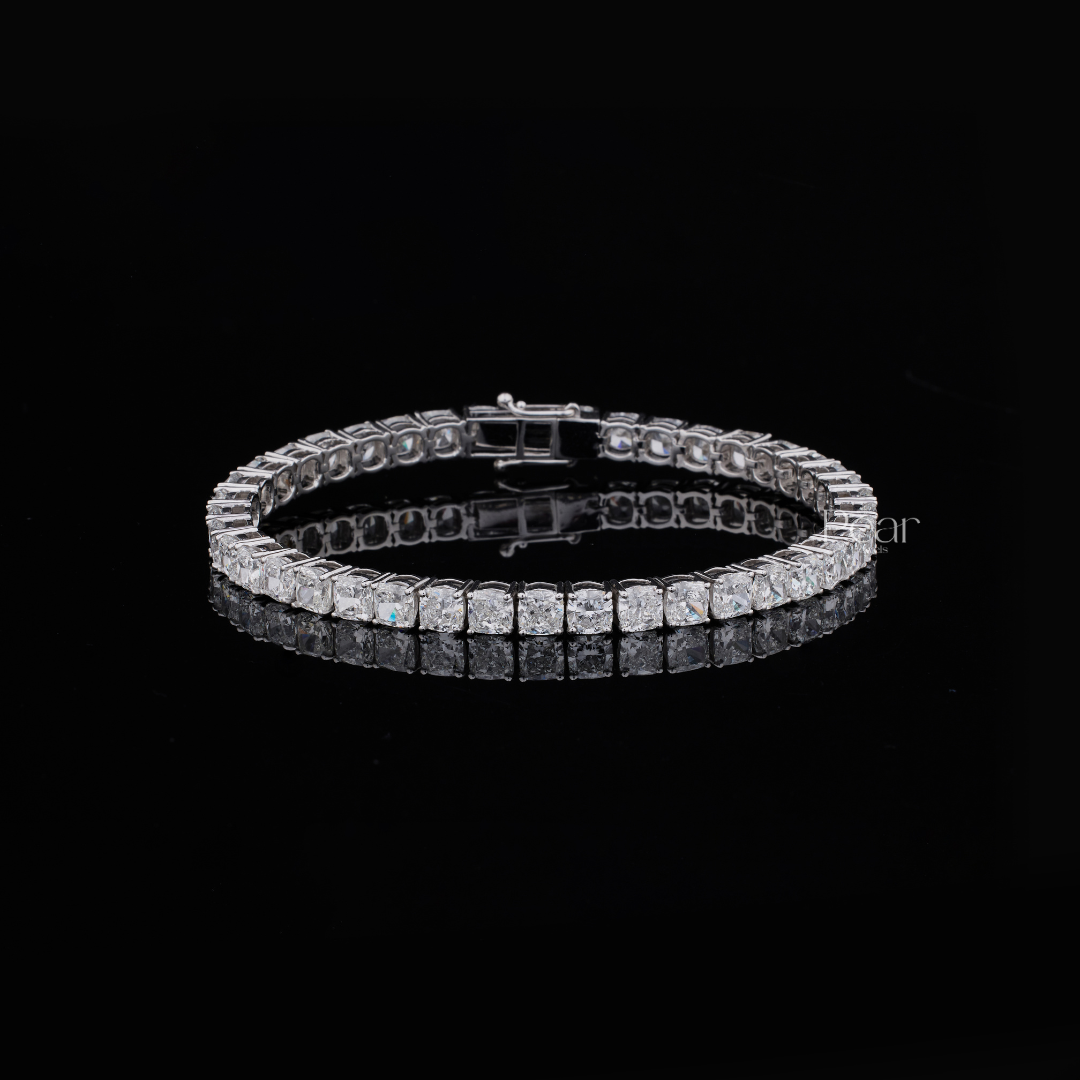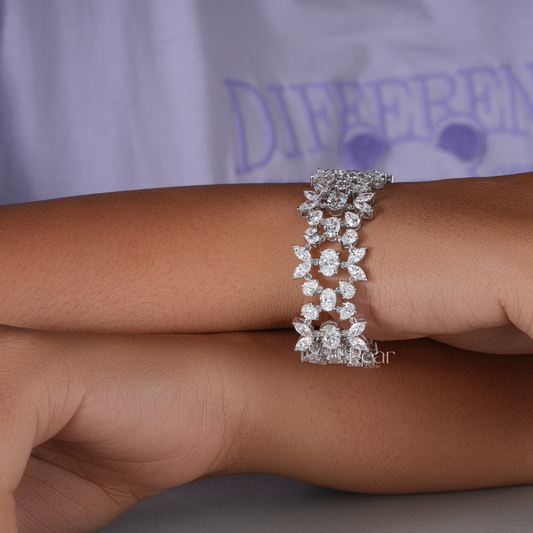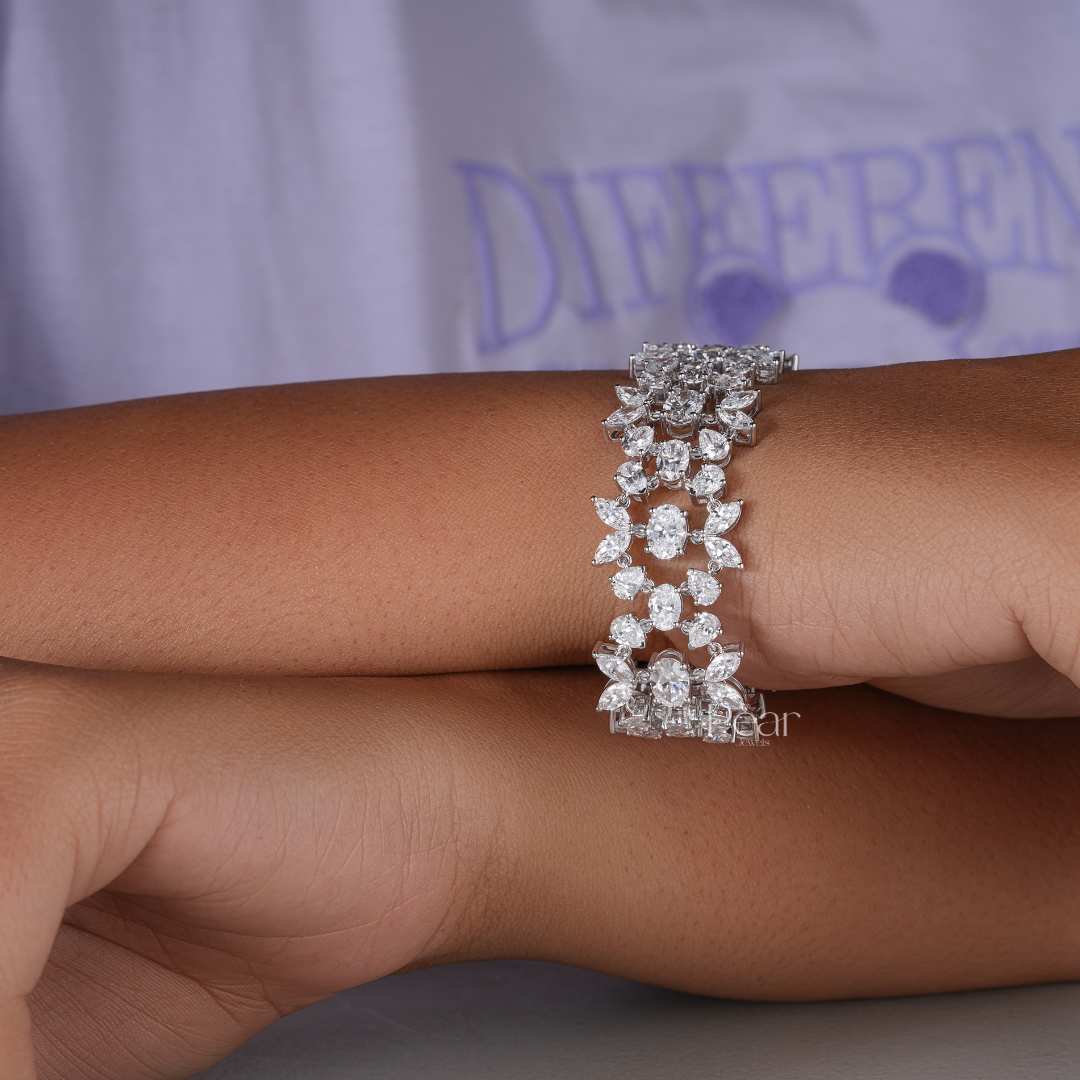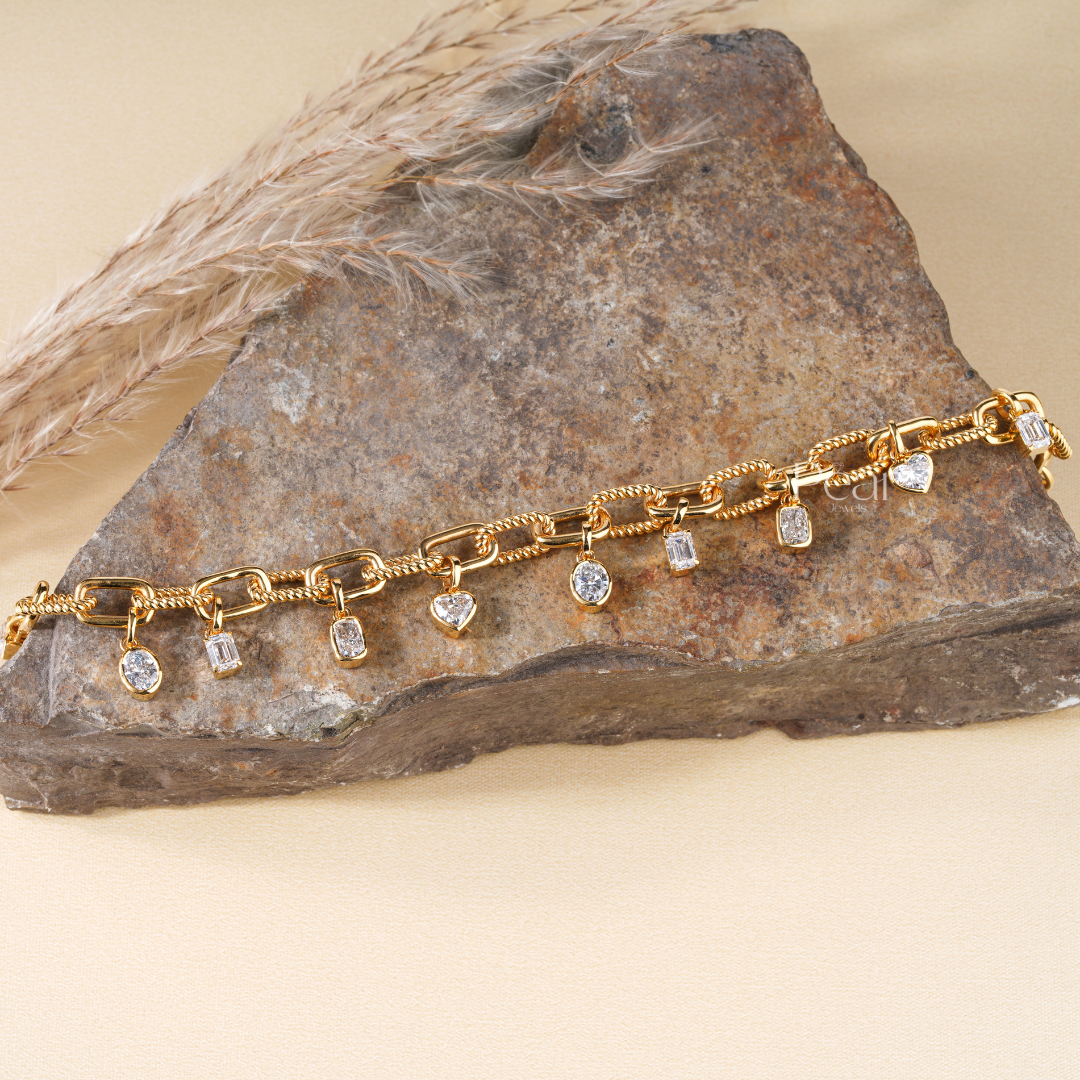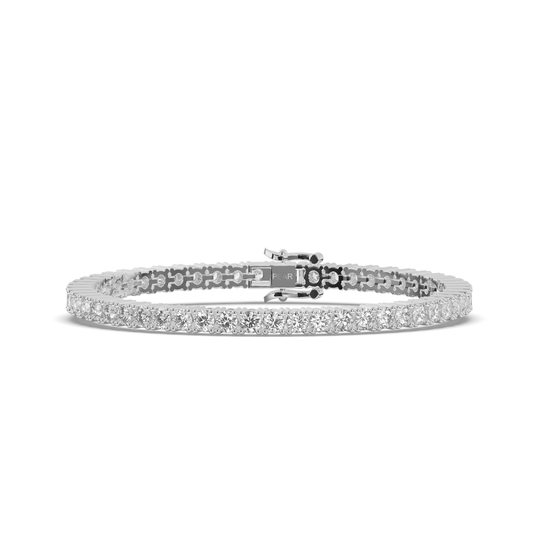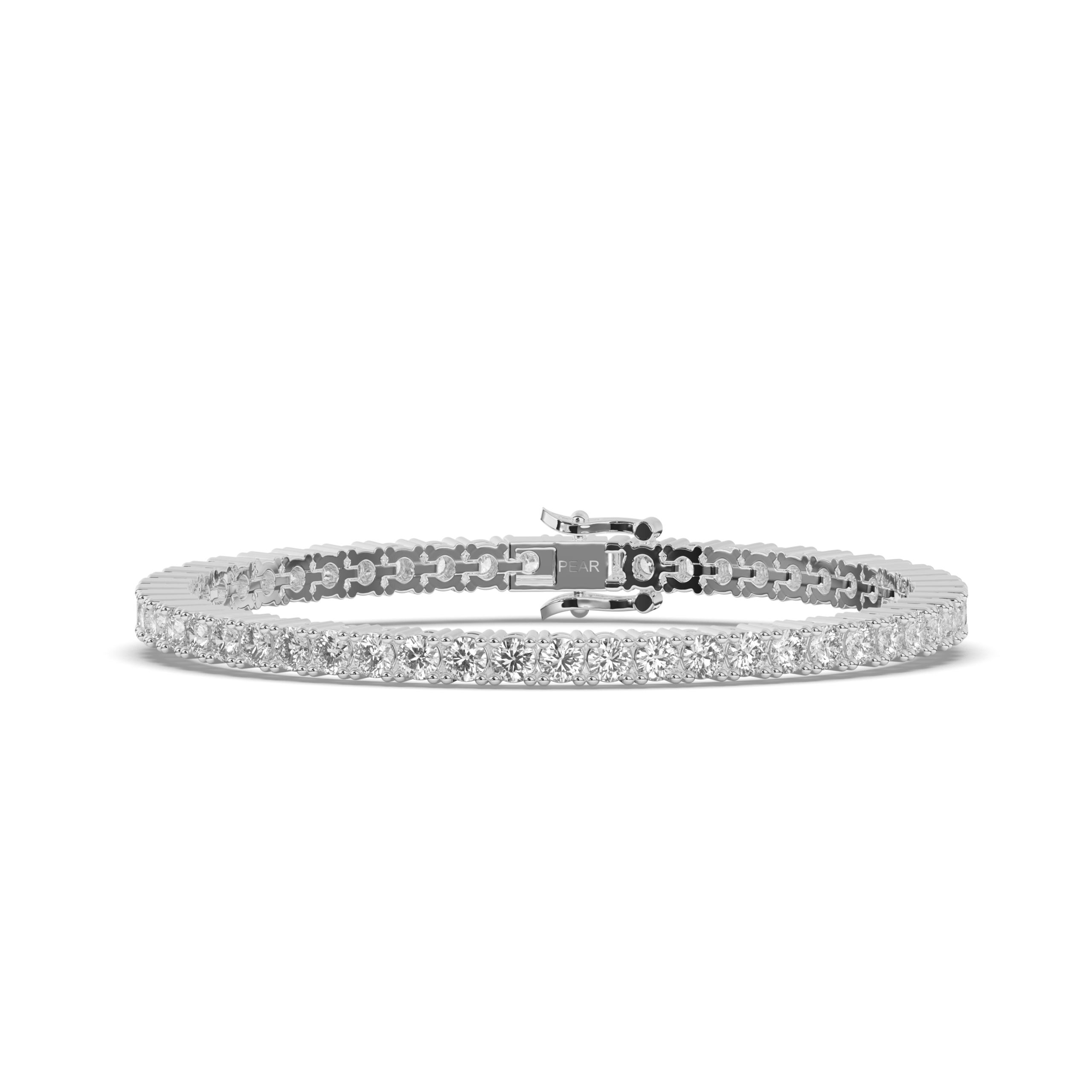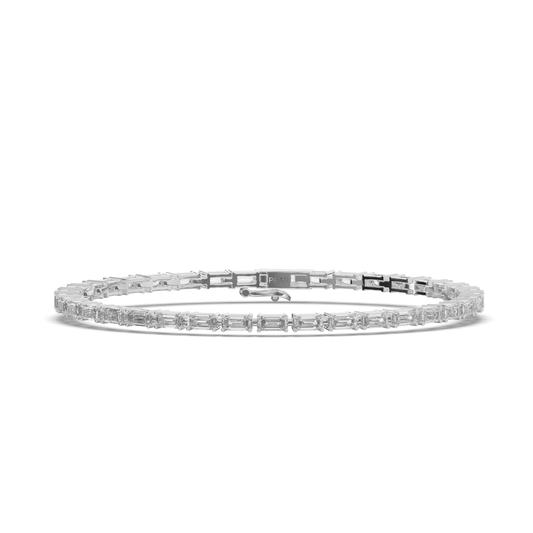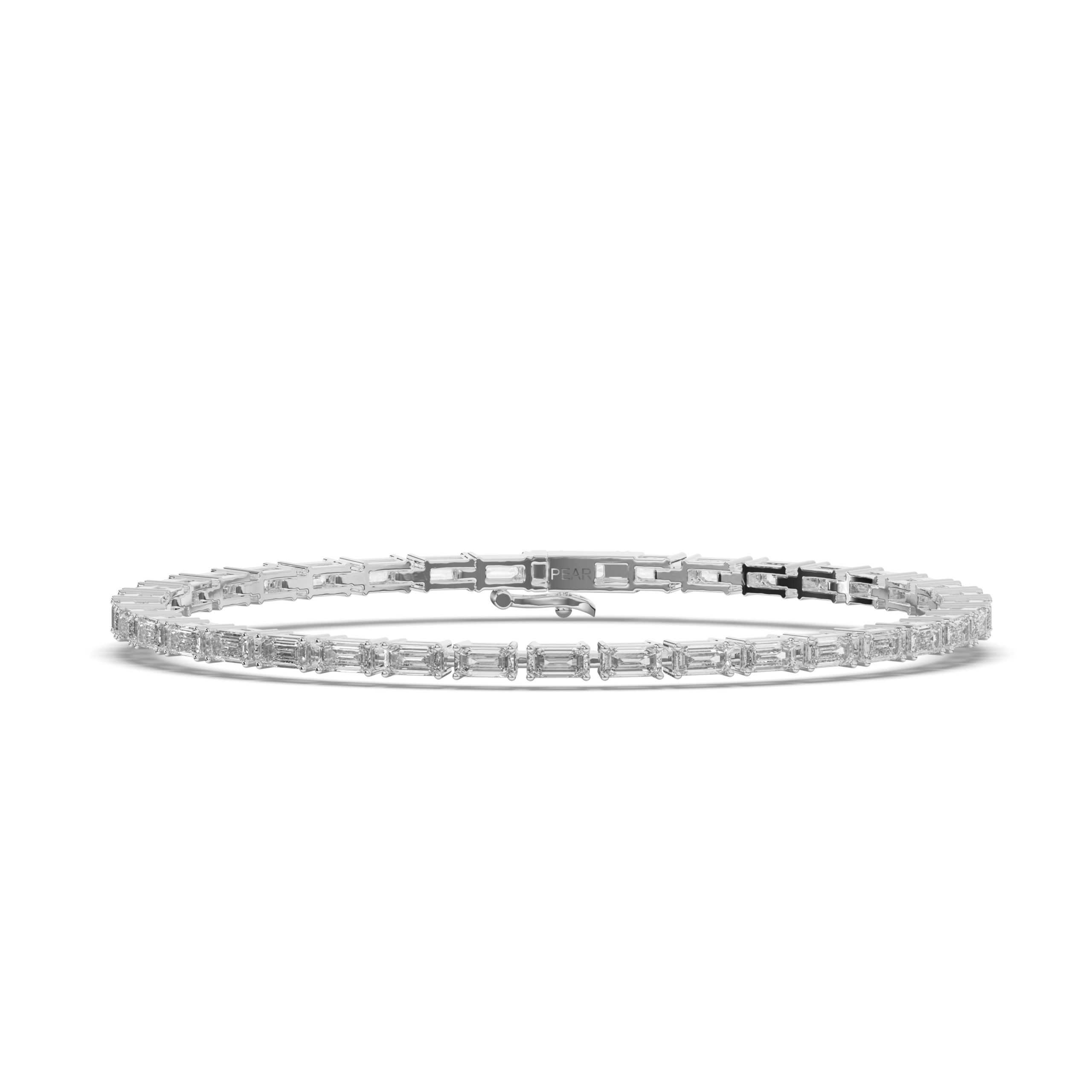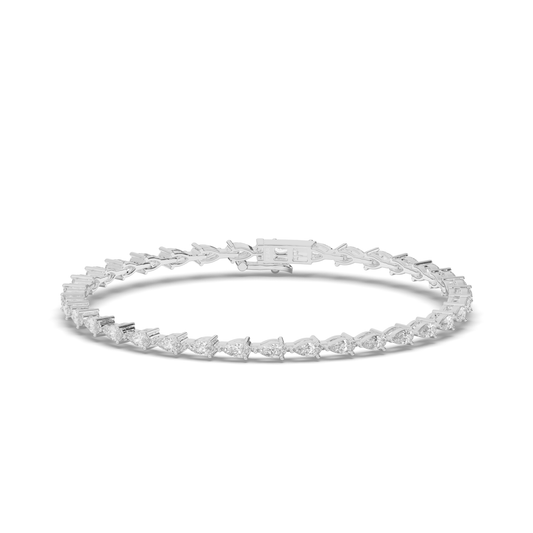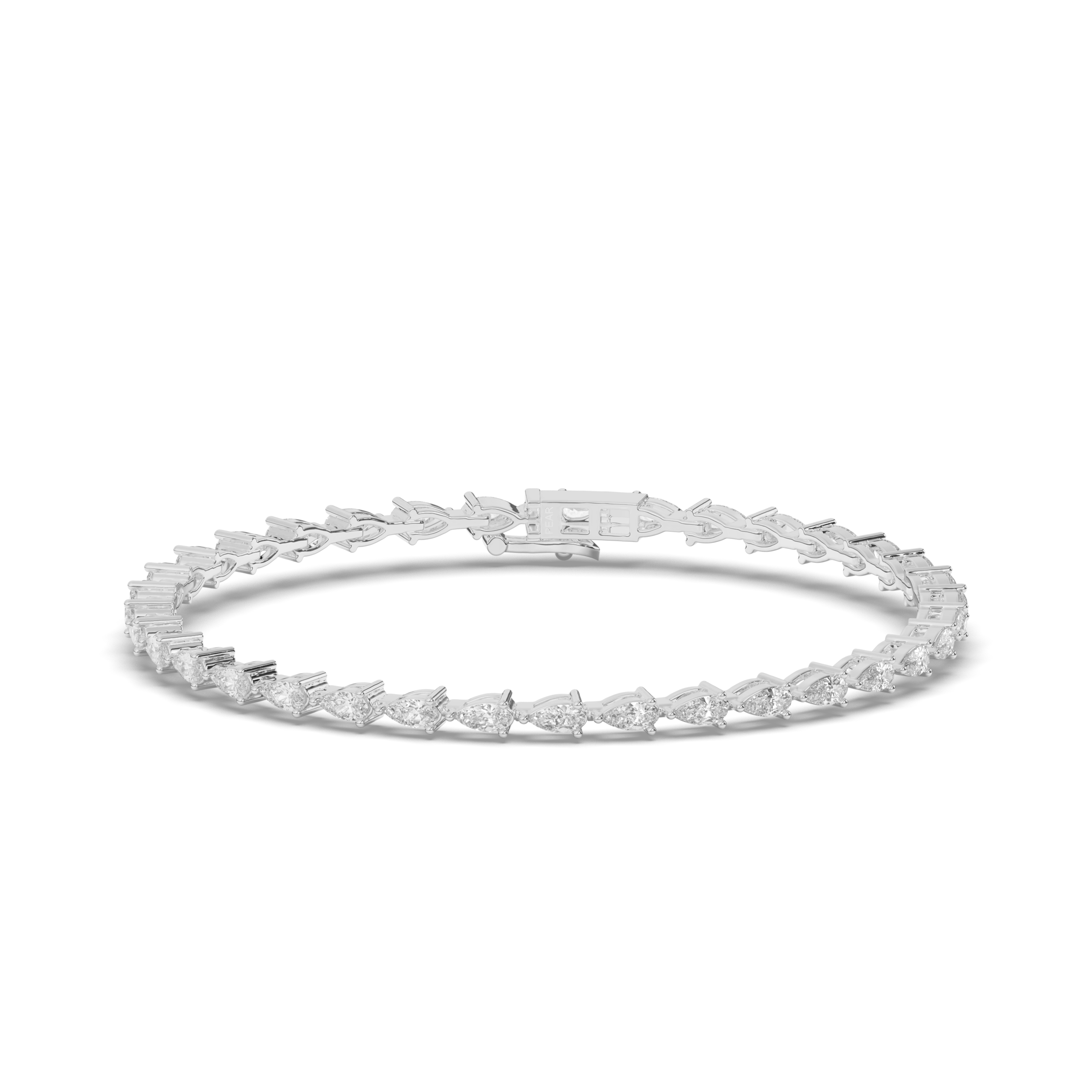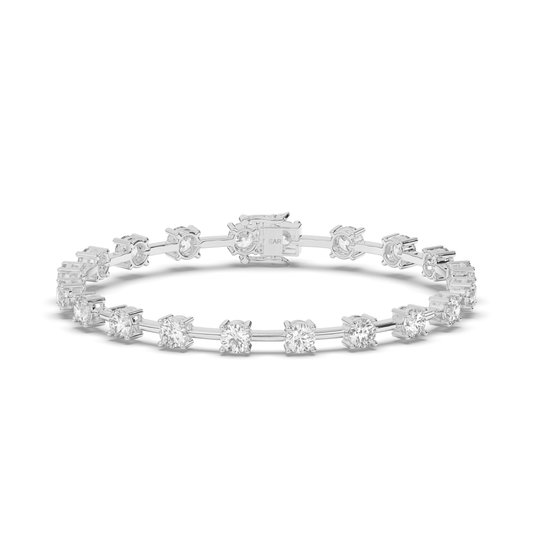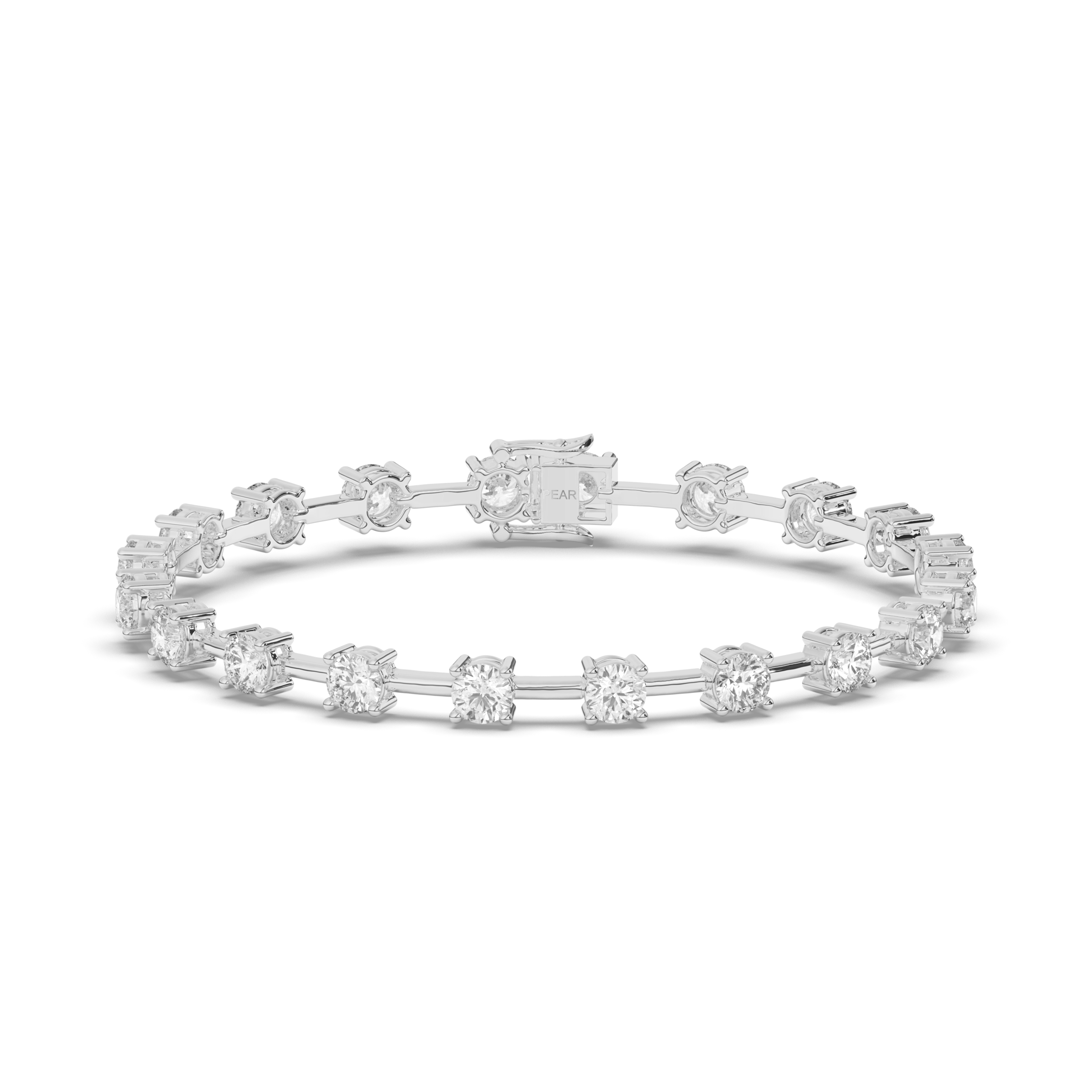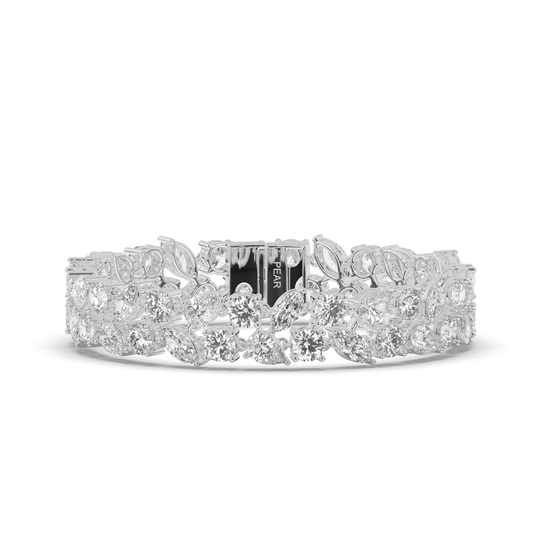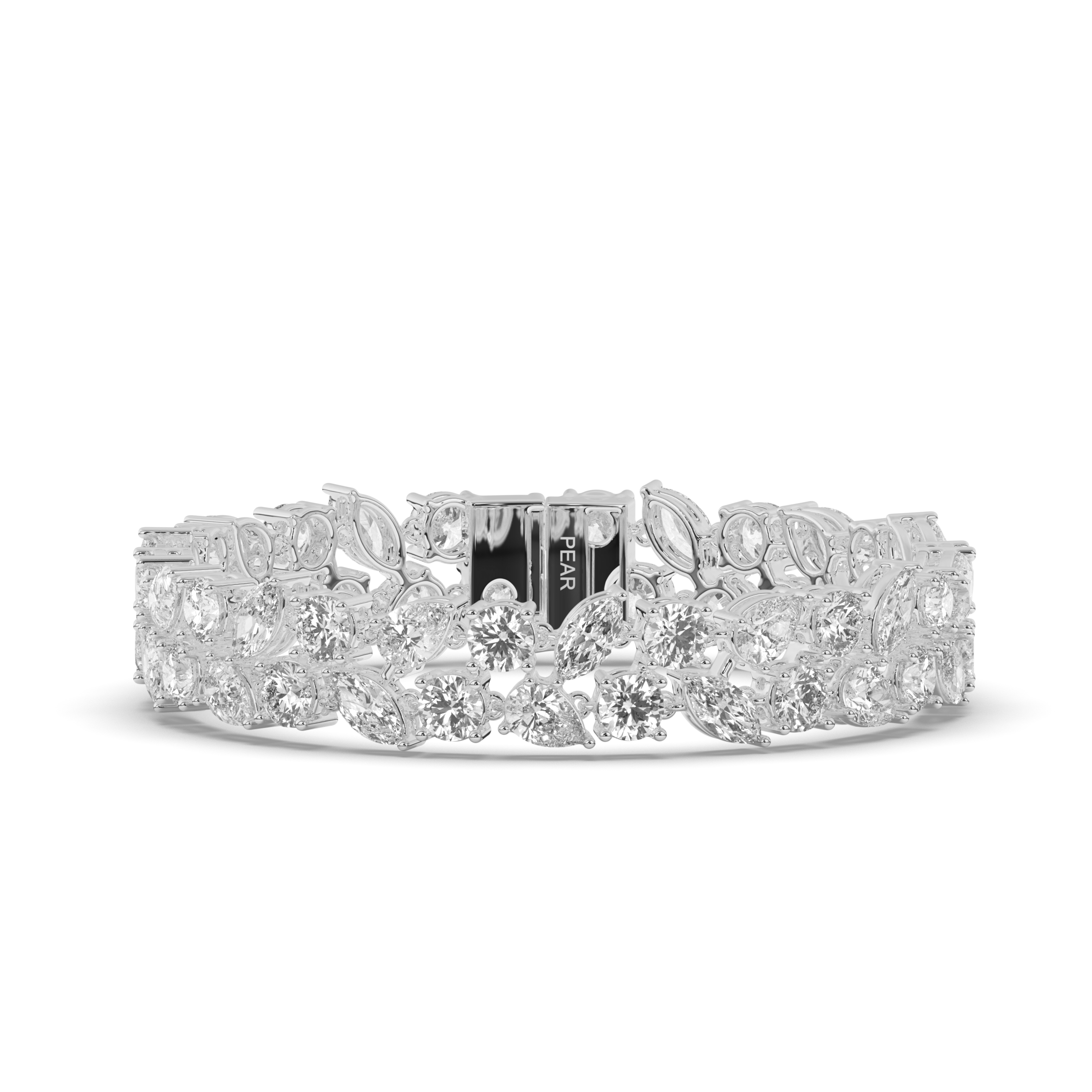
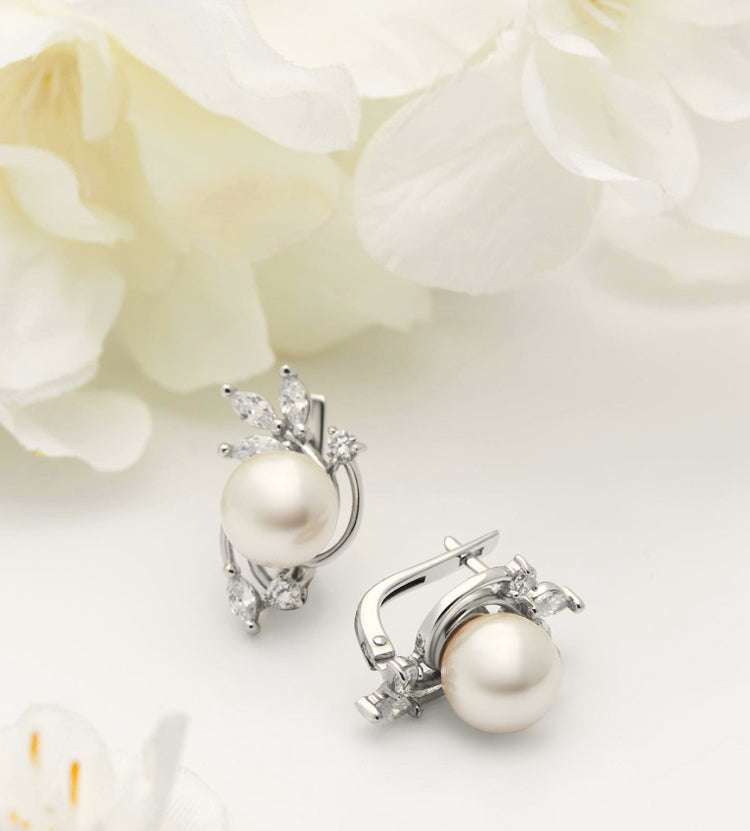
Where Grace Meets Glamour
Timeless gold pieces designed to elevate every occasion.

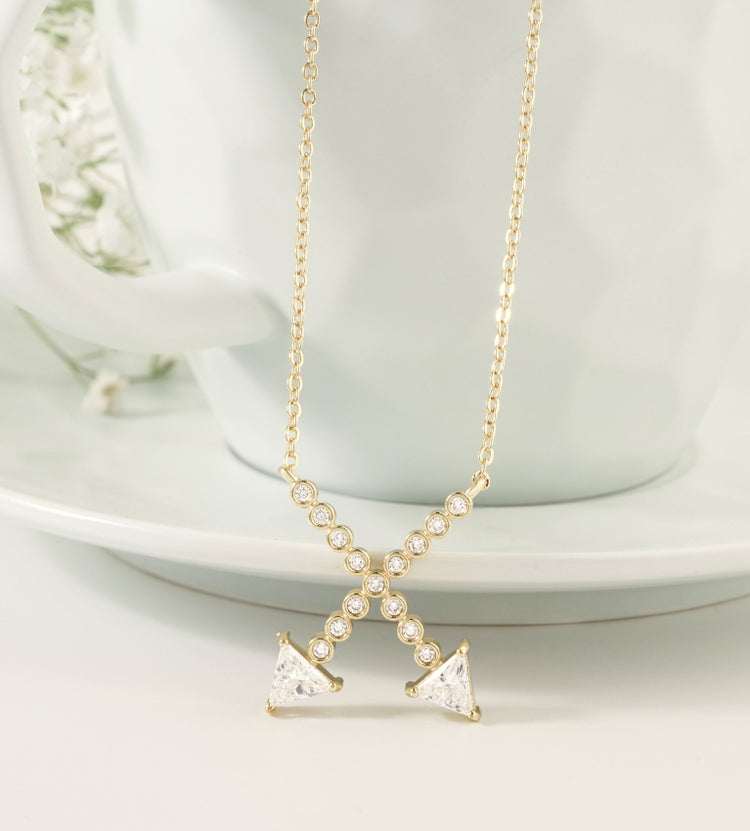
Tailored for You
Discover stackable designs, versatile styles & premium craftsmanship.
Best Sellers
-
Pear Jewels
1.5Ct Blue Emerald Bezel Setting Labgrown Diamond Engagement Ring
Regular price $2,688.00Sale price $2,688.00 Regular price $3,065.00Unit price / per -
Pear Jewels
1.2Ct Round Solitaire Labgrown Diamond Engagement Ring
Regular price $1,898.00Sale price $1,898.00 Regular price $2,011.00Unit price / per -
Pear Jewels
1.5Ct Emerald & Pear Three Stone Labgrown Diamond Engagement Ring
Regular price $1,987.00Sale price $1,987.00 Regular price $2,385.00Unit price / per -
Pear Jewels
Crossover Round Lab Diamond Wedding Ring
Regular price $1,709.00Sale price $1,709.00 Regular price $2,051.00Unit price / per -
Pear Jewels
5 Stone Asscher Pinky Labgrown Diamond Ring
Regular price $1,492.00Sale price $1,492.00 Regular price $1,790.00Unit price / per -
Pear Jewels
1.5ct Solitaire Ring With Round Eternity Wedding Band
Regular price $1,812.00Sale price $1,812.00 Regular price $2,174.00Unit price / per -
Pear Jewels
1.0ct + 0.5ct Two in one Oval Labgrown Diamond Studs
Regular price $2,320.00Sale price $2,320.00 Regular price $2,784.00Unit price / per -
Pear Jewels
Oval 0.7ct each Tennis Labgrown Diamond Bracelet
Regular price $12,519.00Sale price $12,519.00 Regular price $15,023.00Unit price / per
Explore Jewellery by Type
Engagement Rings
-
Pear Jewels
1.5Ct Blue Emerald Bezel Setting Labgrown Diamond Engagement Ring
Regular price $2,688.00Sale price $2,688.00 Regular price $3,065.00Unit price / per -
Pear Jewels
1.2Ct Round Solitaire Labgrown Diamond Engagement Ring
Regular price $1,898.00Sale price $1,898.00 Regular price $2,011.00Unit price / per -
Pear Jewels
0.10Ct Emerald & Round Eternity Labgrown Diamond Band
Regular price $1,781.00Sale price $1,781.00 Regular price $2,012.00Unit price / per -
Pear Jewels
0.10Ct Emerald & Oval Eternity Labgrown Diamond Band
Regular price $1,781.00Sale price $1,781.00 Regular price $2,012.00Unit price / per -
Pear Jewels
5.0Ct Oval Bezel Diamond Engagement Ring
Regular price $3,753.00Sale price $3,753.00 Regular price $3,978.00Unit price / per -
Pear Jewels
1.0Ct Round Halo Square Labgrown Diamond Engagement Ring
Regular price $1,486.00Sale price $1,486.00 Regular price $1,634.00Unit price / per -
Pear Jewels
0.5Ct Marquise Labgrown Diamond Solitaire Ring
Regular price $1,453.00Sale price $1,453.00 Regular price $1,743.00Unit price / per -
Pear Jewels
0.75Ct Round Seven Stone Mens Labgrown Diamond Ring
Regular price $3,141.00Sale price $3,141.00 Regular price $3,769.00Unit price / per
Lab-grown Diamond Rings
-
Pear Jewels
1.5Ct Blue Emerald Bezel Setting Labgrown Diamond Engagement Ring
Regular price $2,688.00Sale price $2,688.00 Regular price $3,065.00Unit price / per -
Pear Jewels
1.2Ct Round Solitaire Labgrown Diamond Engagement Ring
Regular price $1,898.00Sale price $1,898.00 Regular price $2,011.00Unit price / per -
Pear Jewels
0.10Ct Emerald & Round Eternity Labgrown Diamond Band
Regular price $1,781.00Sale price $1,781.00 Regular price $2,012.00Unit price / per -
Pear Jewels
0.10Ct Emerald & Oval Eternity Labgrown Diamond Band
Regular price $1,781.00Sale price $1,781.00 Regular price $2,012.00Unit price / per -
Pear Jewels
5.0Ct Oval Bezel Diamond Engagement Ring
Regular price $3,753.00Sale price $3,753.00 Regular price $3,978.00Unit price / per -
Pear Jewels
1.0Ct Round Halo Square Labgrown Diamond Engagement Ring
Regular price $1,486.00Sale price $1,486.00 Regular price $1,634.00Unit price / per -
Pear Jewels
0.5Ct Marquise Labgrown Diamond Solitaire Ring
Regular price $1,453.00Sale price $1,453.00 Regular price $1,743.00Unit price / per -
Pear Jewels
0.75Ct Round Fancy Shape Wedding Band
Regular price $2,512.00Sale price $2,512.00 Regular price $3,015.00Unit price / per
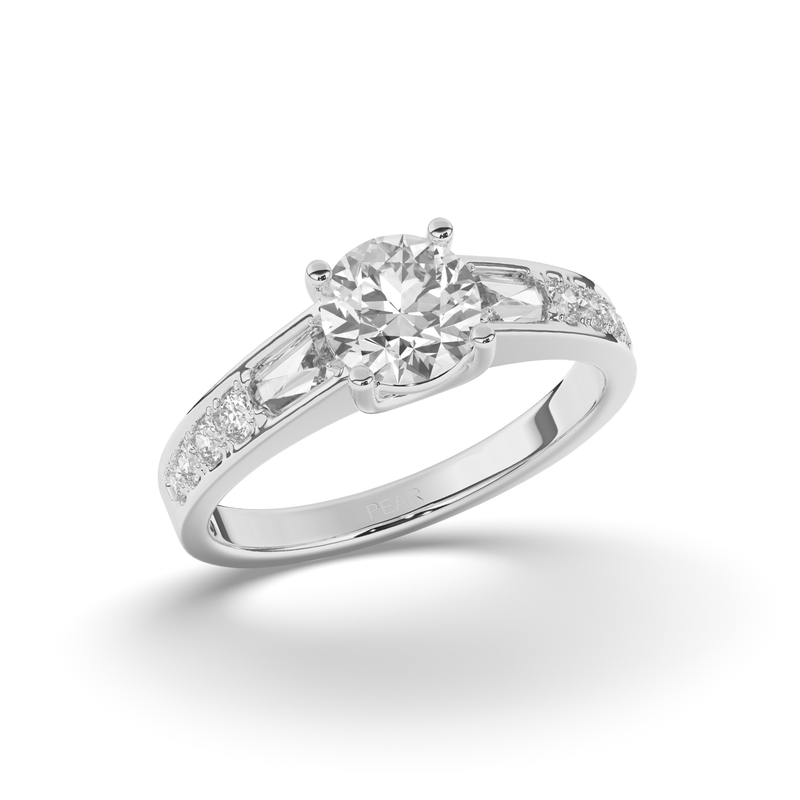
Art Behind:
The journey of a diamond, the story of love.
New Arrivals
-
Pear Jewels
1.00Ct Three Prongs Martin Setting Labgrown Diamonds Studs
Regular price $1,700.00Sale price $1,700.00 Regular price $1,819.00Unit price / per -
Pear Jewels
1.25ct Oval Solitaire Labgrown Diamond Ring
Regular price $1,832.00Sale price $1,832.00 Regular price $2,199.00Unit price / per -
Pear Jewels
1.2Ct Round Solitaire Labgrown Diamond Engagement Ring
Regular price $1,898.00Sale price $1,898.00 Regular price $2,011.00Unit price / per -
Pear Jewels
1.5ct Elongated Cushion & Marquise Labgrown Diamond Ring
Regular price $1,945.00Sale price $1,945.00 Regular priceUnit price / per -
Pear Jewels
1.5ct Emerald Solitaire Labgrown Diamond Ring
Regular price $1,841.00Sale price $1,841.00 Regular priceUnit price / per -
Pear Jewels
1.5ct Solitaire Ring With Round Eternity Wedding Band
Regular price $1,812.00Sale price $1,812.00 Regular price $2,174.00Unit price / per -
Pear Jewels
3.0ct Round Labgrown Diamond Cross pendant with Chain
Regular price $2,497.00Sale price $2,497.00 Regular price $2,725.00Unit price / per -
Pear Jewels
Asscher Cut and Baguette Marquise Lab-Grown Diamond Wedding Ring
Regular price $7,892.00Sale price $7,892.00 Regular price $9,471.00Unit price / per

Timeless Treasures by Pear Jewels
Join us at our exclusive jewelry showcase where elegance meets craftsmanship. Discover limited-edition designs, meet our artisans, and experience luxury like never before. This is your moment to shine don’t miss it.
-
-
Follow The Sparkle On Instagram
@PearJewelsOfficial
Lab-grown diamond earrings
-
Pear Jewels
Round Diamond Hoop Lab-grown Diamonds Earrings
Regular price $2,860.00Sale price $2,860.00 Regular price $3,432.00Unit price / per -
Pear Jewels
White Gold Hoop Earring
Regular price $1,901.00Sale price $1,901.00 Regular price $2,282.00Unit price / per -
Pear Jewels
1ct each Solitaire Stud Round Lab grown Diamond Earrings
Regular price $1,810.00Sale price $1,810.00 Regular price $2,175.00Unit price / per -
Pear Jewels
Ethereal Sparkle Round Lab-Grown Diamond Earrings
Regular price $2,144.00Sale price $2,144.00 Regular price $2,573.00Unit price / per -
Pear Jewels
Exquisite Mixed Shape Lab-Grown Diamond Cluster Earrings
Regular price $3,712.00Sale price $3,712.00 Regular price $4,454.00Unit price / per -
Pear Jewels
Charming Pear & Round Lab-Grown Diamond Dangle Earrings
Regular price $2,862.00Sale price $2,862.00 Regular price $3,434.00Unit price / per -
Pear Jewels
Round & Baguette Lab-Grown Diamond Luxe Cluster Earrings
Regular price $3,159.00Sale price $3,159.00 Regular price $3,791.00Unit price / per -
Pear Jewels
Charming Pear-Shaped Lab-Grown Diamond Clusters
Regular price $3,293.00Sale price $3,293.00 Regular price $3,951.00Unit price / per
Unveil the New Era of Glamour
-
Pear Jewels
Cushion Lab Grown Diamond Tennis Bracelet
Regular price $13,835.00Sale price $13,835.00 Regular price $16,602.00Unit price / per -
Pear Jewels
Marquise-Oval-Pear Multi Shape Fancy Tennis Labgrown Diamond Bracelet
Regular price $16,863.00Sale price $16,863.00 Regular price $20,236.00Unit price / per -
Pear Jewels
Chain Multi-Shape Diamond Bracelet
Regular price $8,274.00Sale price $8,274.00 Regular price $9,928.00Unit price / per -
Pear Jewels
Sterling Round Lab-grown Diamond Tennis Bracelet
Regular price $4,965.00Sale price $4,965.00 Regular price $5,958.00Unit price / per -
Pear Jewels
Bold Sleeping Emerald Lab-grown Diamond Tennis Bracelet
Regular price $4,752.00Sale price $4,752.00 Regular price $5,702.00Unit price / per -
Pear Jewels
Teardrop Pear Lab-grown Diamond Tennis Bracelet
Regular price $4,141.00Sale price $4,141.00 Regular price $4,970.00Unit price / per -
Pear Jewels
Spaced-Out Round Lab-grown Diamond Tennis Bracelet
Regular price $5,829.00Sale price $5,829.00 Regular price $6,995.00Unit price / per -
Pear Jewels
Bridal Multi Shape Lab-grown Diamond Tennis Bracelet
Regular price $12,268.00Sale price $12,268.00 Regular price $14,722.00Unit price / per
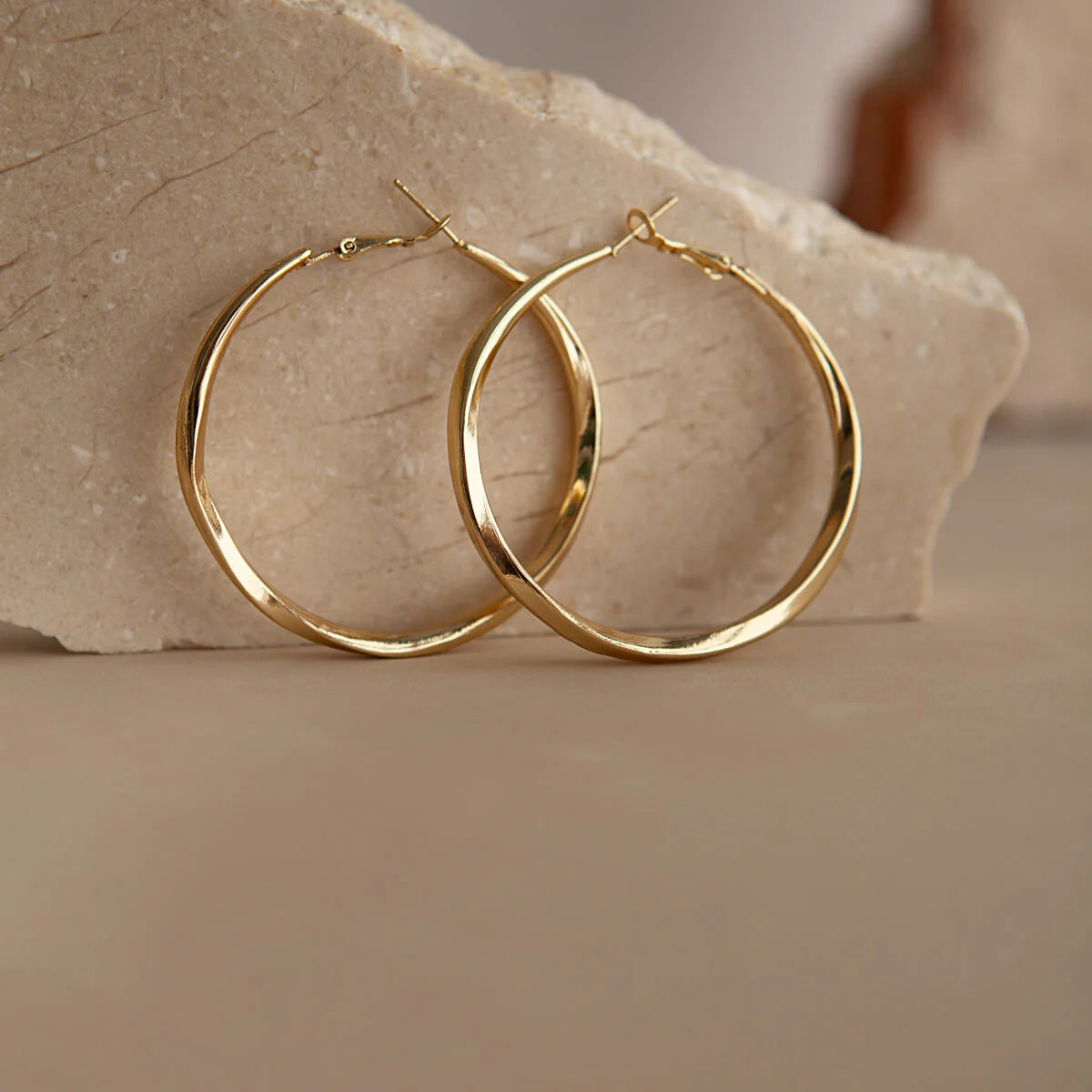
Divine Serenity
Gold-Plated Hoops
Sleek gold hoops designed to shine with every outfit.
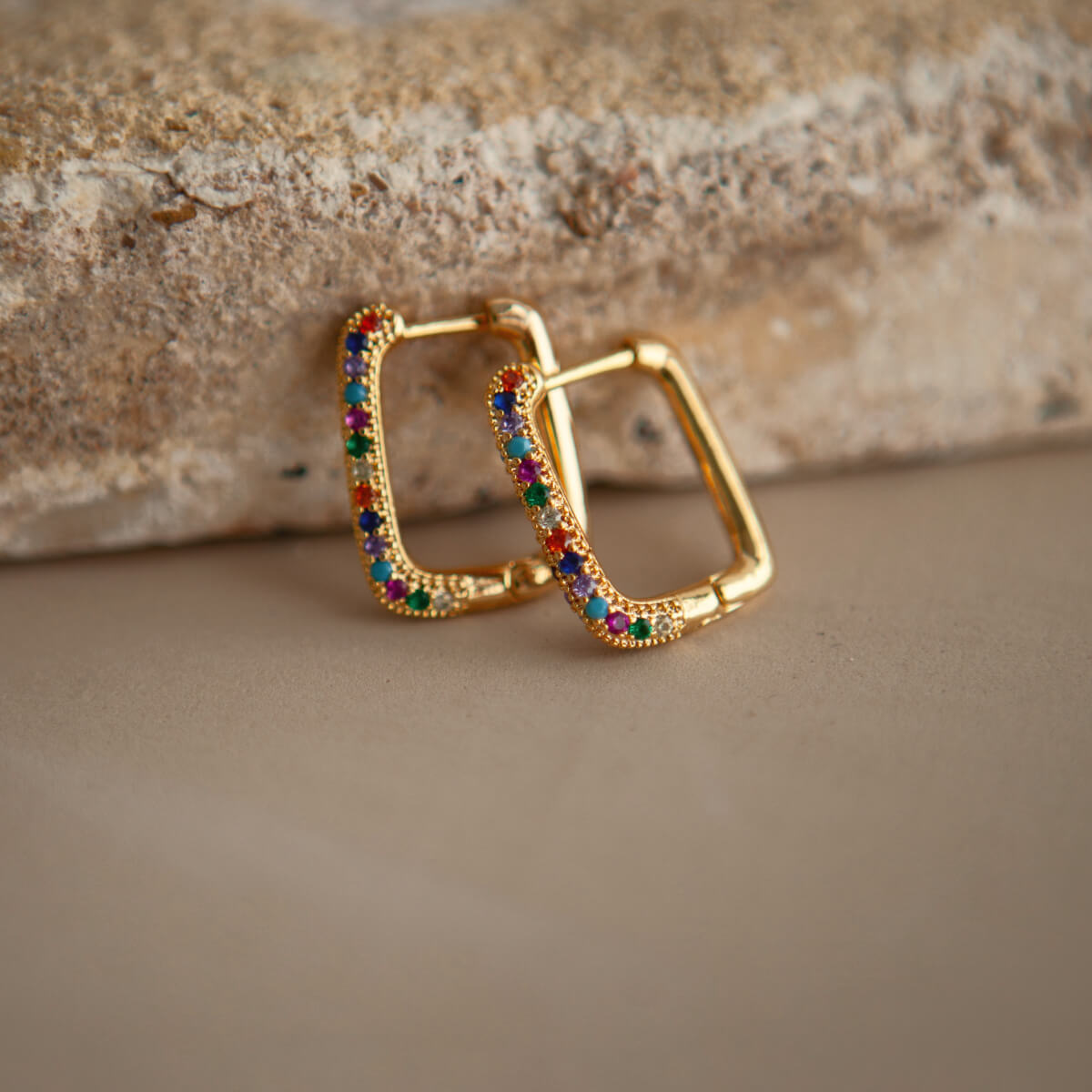
Crafted to Captivate
Multicolor Floral Earrings
Vibrant gemstones for the bold and beautiful you.
-
Complimentary Delivery
Enjoy free, secure delivery on all jewellery orders always.
-
Here for You 24/7
Our experts are here day or night to guide your sparkle journey.
-
Unmatched Value & Deals
Discover jewellery Prices you won’t find anywhere else.
-
Responsible Luxury
Luxury you can feel good about - sustainable, ethical, and stunning.
Pear Jewels
Classic Oval Lab-Grown Diamond Solitaire Studs with Prong Setting
Share
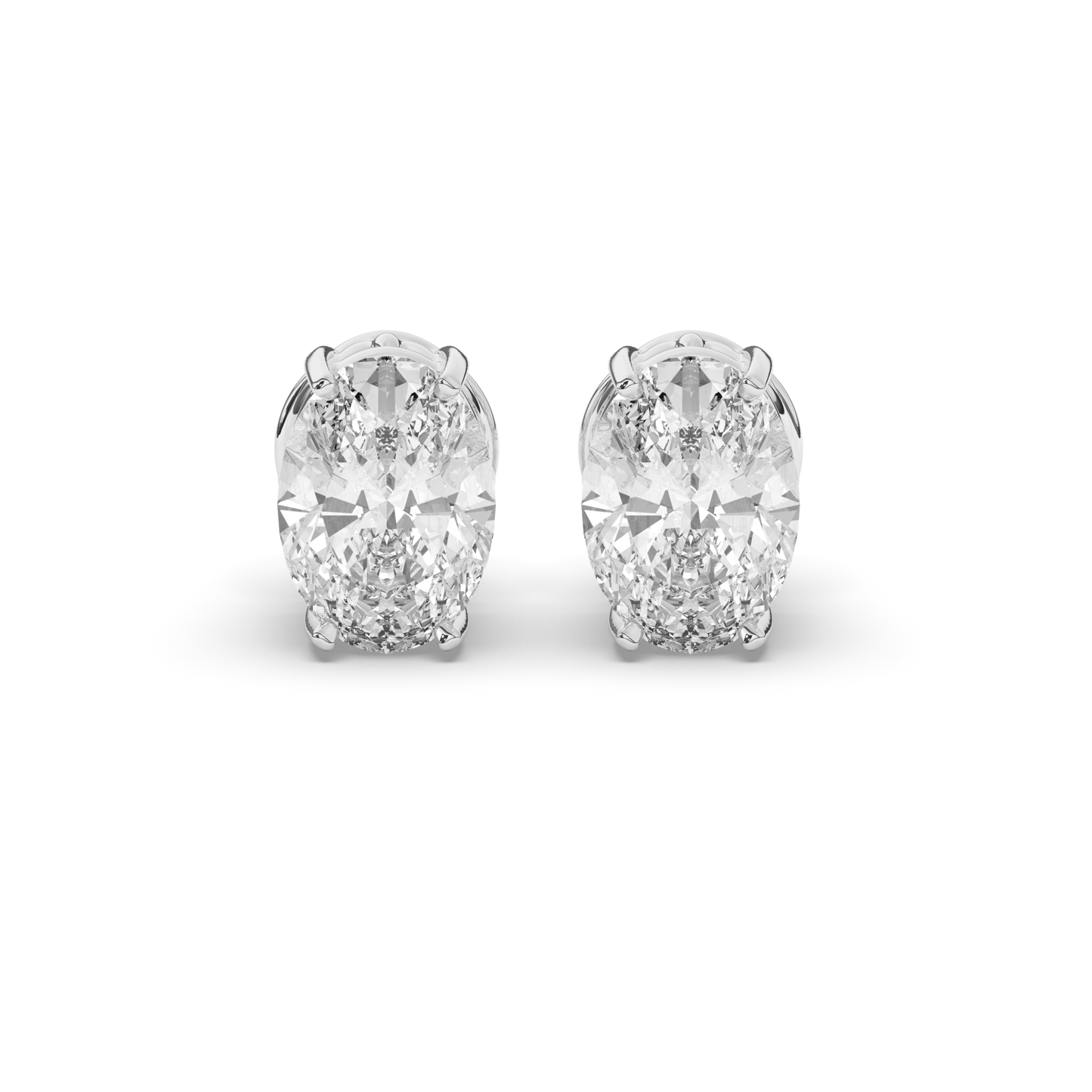
Gift for your loved ones
-
Pear Jewels
1.5Ct Blue Emerald Bezel Setting Labgrown Diamond Engagement Ring
Regular price $2,688.00Sale price $2,688.00 Regular price $3,065.00Unit price / per -
Pear Jewels
1.2Ct Round Solitaire Labgrown Diamond Engagement Ring
Regular price $1,898.00Sale price $1,898.00 Regular price $2,011.00Unit price / per -
Pear Jewels
0.10Ct Emerald & Round Eternity Labgrown Diamond Band
Regular price $1,781.00Sale price $1,781.00 Regular price $2,012.00Unit price / per -
Pear Jewels
0.10Ct Emerald & Oval Eternity Labgrown Diamond Band
Regular price $1,781.00Sale price $1,781.00 Regular price $2,012.00Unit price / per -
Pear Jewels
5.0Ct Oval Bezel Diamond Engagement Ring
Regular price $3,753.00Sale price $3,753.00 Regular price $3,978.00Unit price / per -
Pear Jewels
1.0Ct Round Halo Square Labgrown Diamond Engagement Ring
Regular price $1,486.00Sale price $1,486.00 Regular price $1,634.00Unit price / per -
Pear Jewels
0.5Ct Marquise Labgrown Diamond Solitaire Ring
Regular price $1,453.00Sale price $1,453.00 Regular price $1,743.00Unit price / per -
Pear Jewels
0.75Ct Round Fancy Shape Wedding Band
Regular price $2,512.00Sale price $2,512.00 Regular price $3,015.00Unit price / per
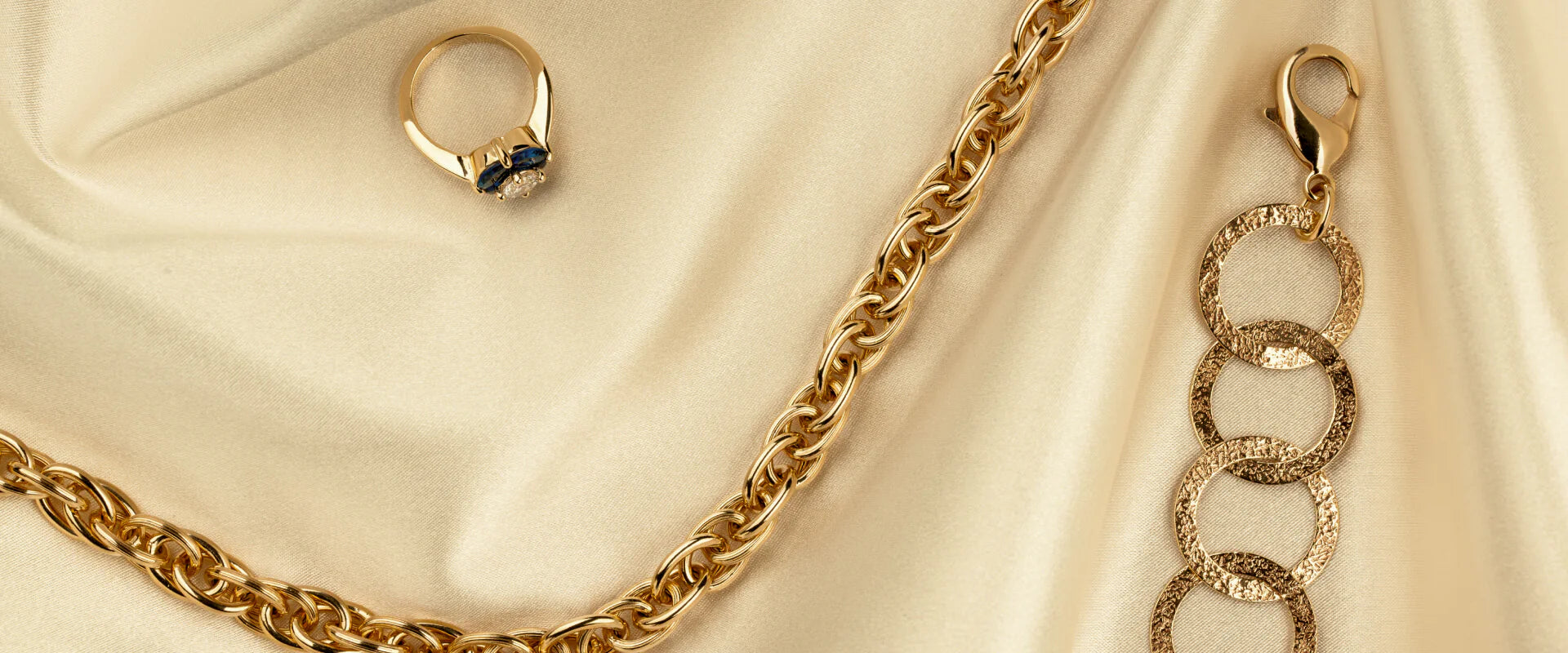
Elegant Oval Lab-Grown Diamond Dangle Earrings
Chain Multi-Shape Diamond Bracelet
Elegant Marquise Cut Lab-Grown Diamond Trilogy Ring with Pear & Round Accents
Modern Hexa Lab-Grown Diamond Huggies and Hoops Earrings
Voices of Elegance
I was truly impressed by the sparkle and quality. It looks just like a mined diamond but at a much better price. Very happy with the whole experience.
The ring I received is elegant and beautifully made. It arrived quickly and the packaging felt premium too. Great value for such a luxurious piece.
Customer support was super helpful from start to finish. They guided me through the options and sizing. My wife absolutely loved the necklace!
I was a bit unsure about lab-grown diamonds at first. But when it arrived, I couldn’t believe how beautiful it looked. Now I recommend it to all my friends.
20% OFF on all Orders
use code "PJSALE20"
-
Pear Jewels
1.5Ct Blue Emerald Bezel Setting Labgrown Diamond Engagement Ring
Regular price $2,688.00Sale price $2,688.00 Regular price $3,065.00Unit price / perPear Jewels1.2Ct Round Solitaire Labgrown Diamond Engagement Ring
Regular price $1,898.00Sale price $1,898.00 Regular price $2,011.00Unit price / per -
Pear Jewels
0.10Ct Emerald & Round Eternity Labgrown Diamond Band
Regular price $1,781.00Sale price $1,781.00 Regular price $2,012.00Unit price / perPear Jewels0.10Ct Emerald & Oval Eternity Labgrown Diamond Band
Regular price $1,781.00Sale price $1,781.00 Regular price $2,012.00Unit price / per -
Pear Jewels
5.0Ct Oval Bezel Diamond Engagement Ring
Regular price $3,753.00Sale price $3,753.00 Regular price $3,978.00Unit price / perPear Jewels1.0Ct Round Halo Square Labgrown Diamond Engagement Ring
Regular price $1,486.00Sale price $1,486.00 Regular price $1,634.00Unit price / per
frequently asked questions
We understand that you may have questions about our products, services, or policies, and we're here to provide you with all the information you need.
1. Can I cancel or modify my order after it has been placed?
Unfortunately, we are unable to cancel or modify orders once they have been placed. However, you may be able to return the item for a refund or exchange once it has been delivered.
2. Are your diamonds certified?
Most of our diamonds above 0.30 carat come with an international diamond grading report, mainly IGI & GIA, one of the most respectable diamond labs in the world.
3. Do you offer worldwide shipping?
We’re proud to offer worldwide shipping to 74 countries, bringing the elegance of our lab-grown diamond jewellery to customers across the globe. From Australia to the USA, Canada, UK, India, New Zealand, Japan, Singapore, Malaysia, and beyond – we ensure your favourite pieces reach you, no matter where you are.
We also serve a wide network throughout Europe, Africa, the Middle East, and South America. Our mission is to make sustainable luxury accessible to everyone, so you can enjoy the brilliance of Pear Jewels wherever life takes you.
4. Can I order a customized ring?
Yes, absolutely! We offer customization options so you can create a ring that’s truly yours - from diamond shape to setting style. Just reach out to our team, and we’ll help bring your vision to life.

Subscribe to Pear Jewels
for exclusive offers, early access to sales, and sparkling surprises!
